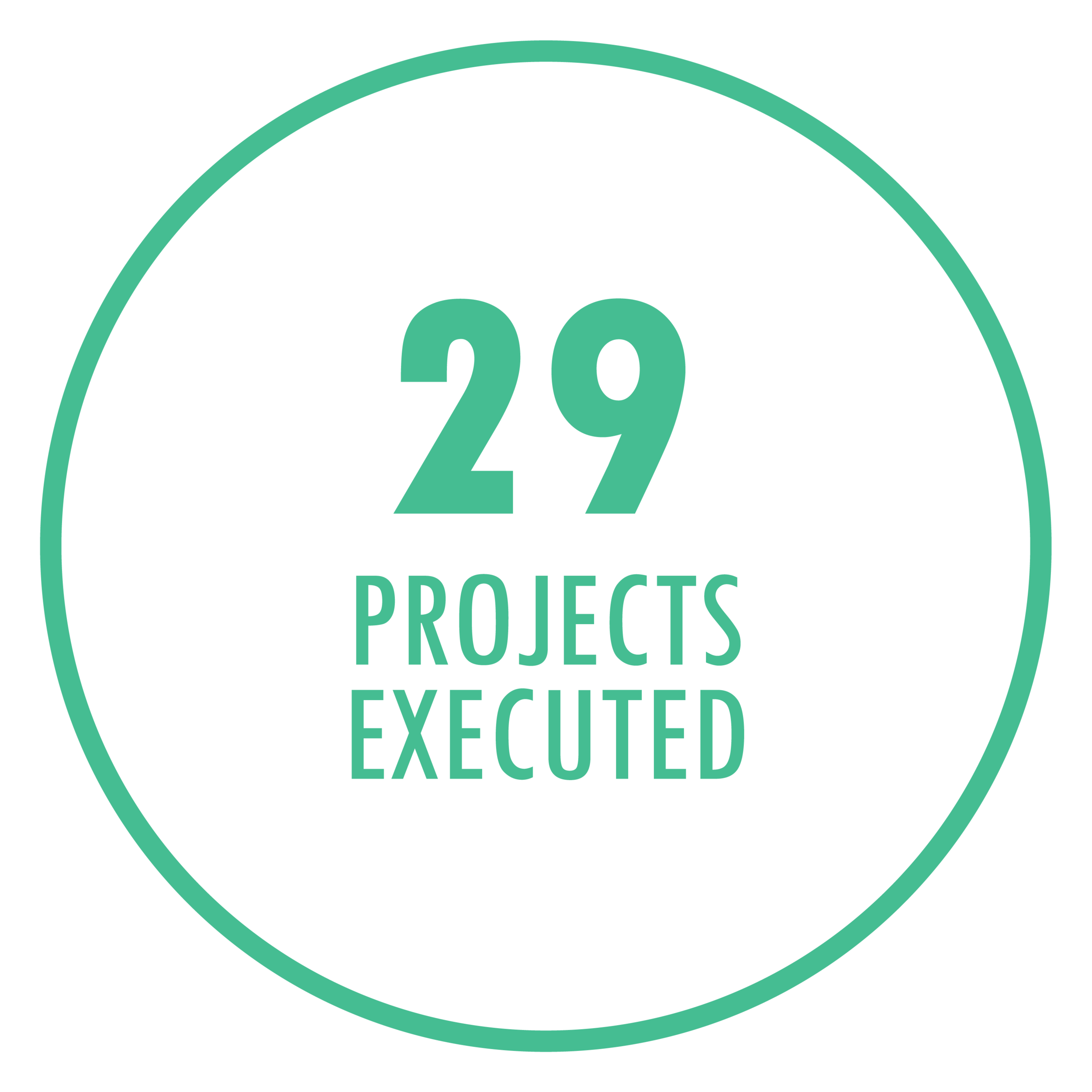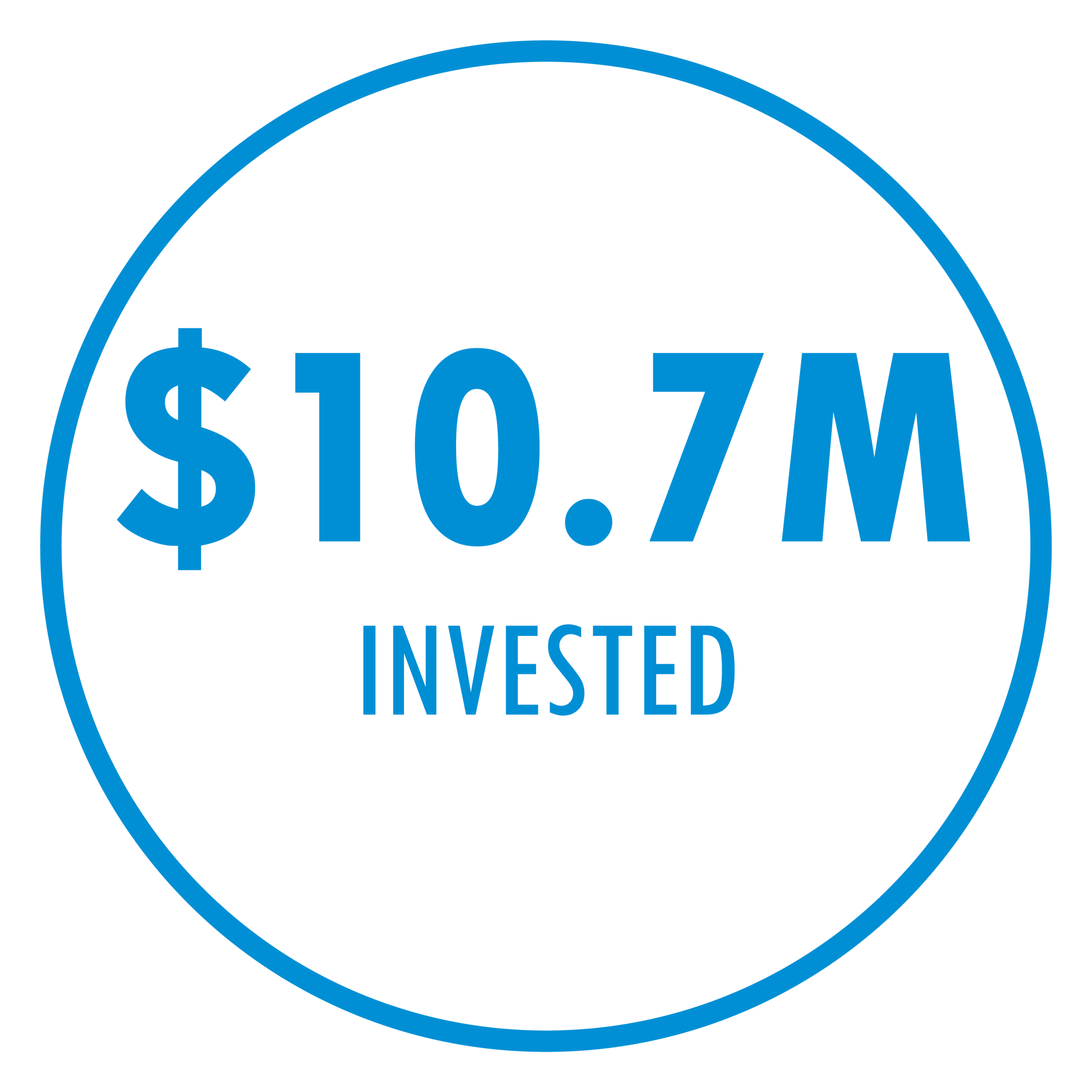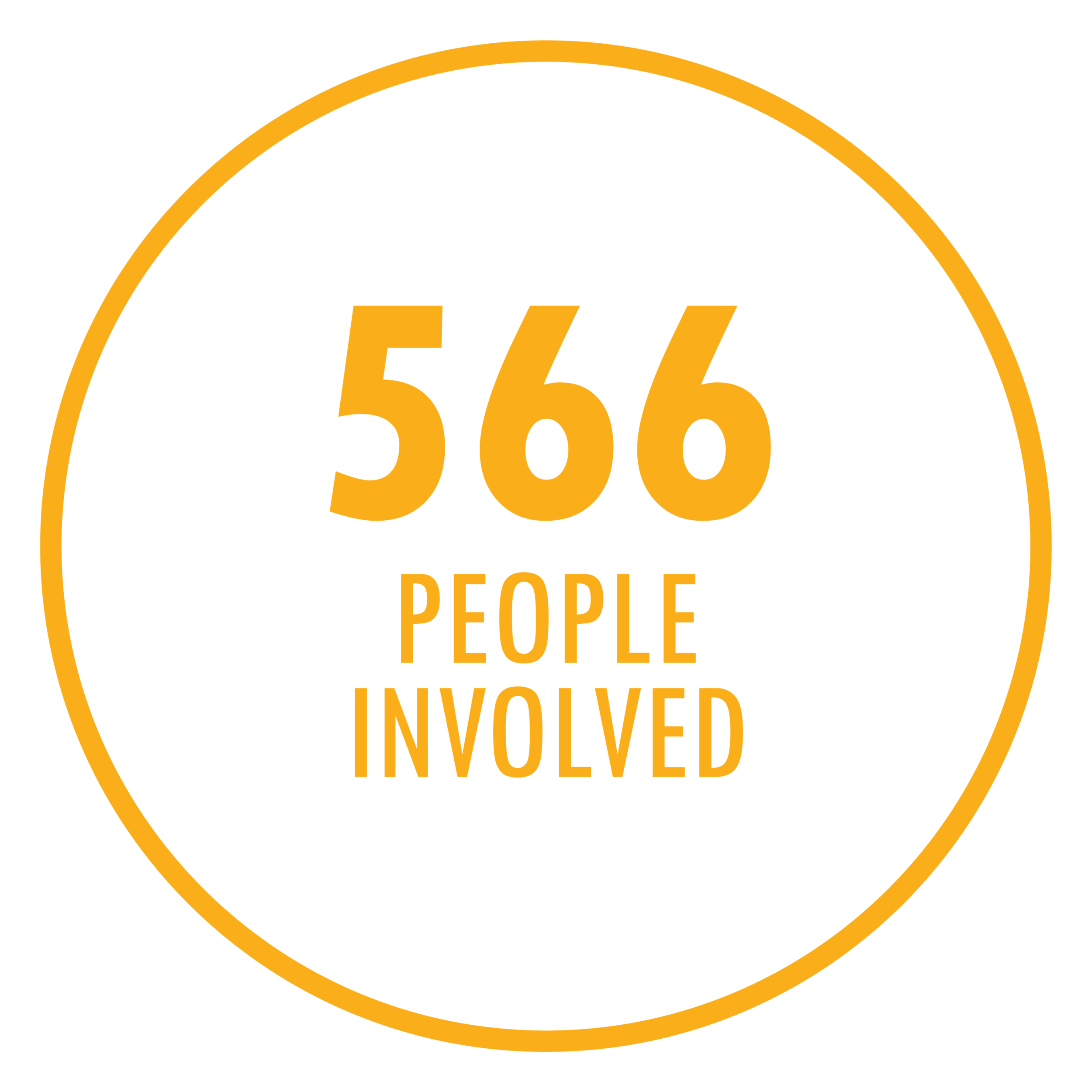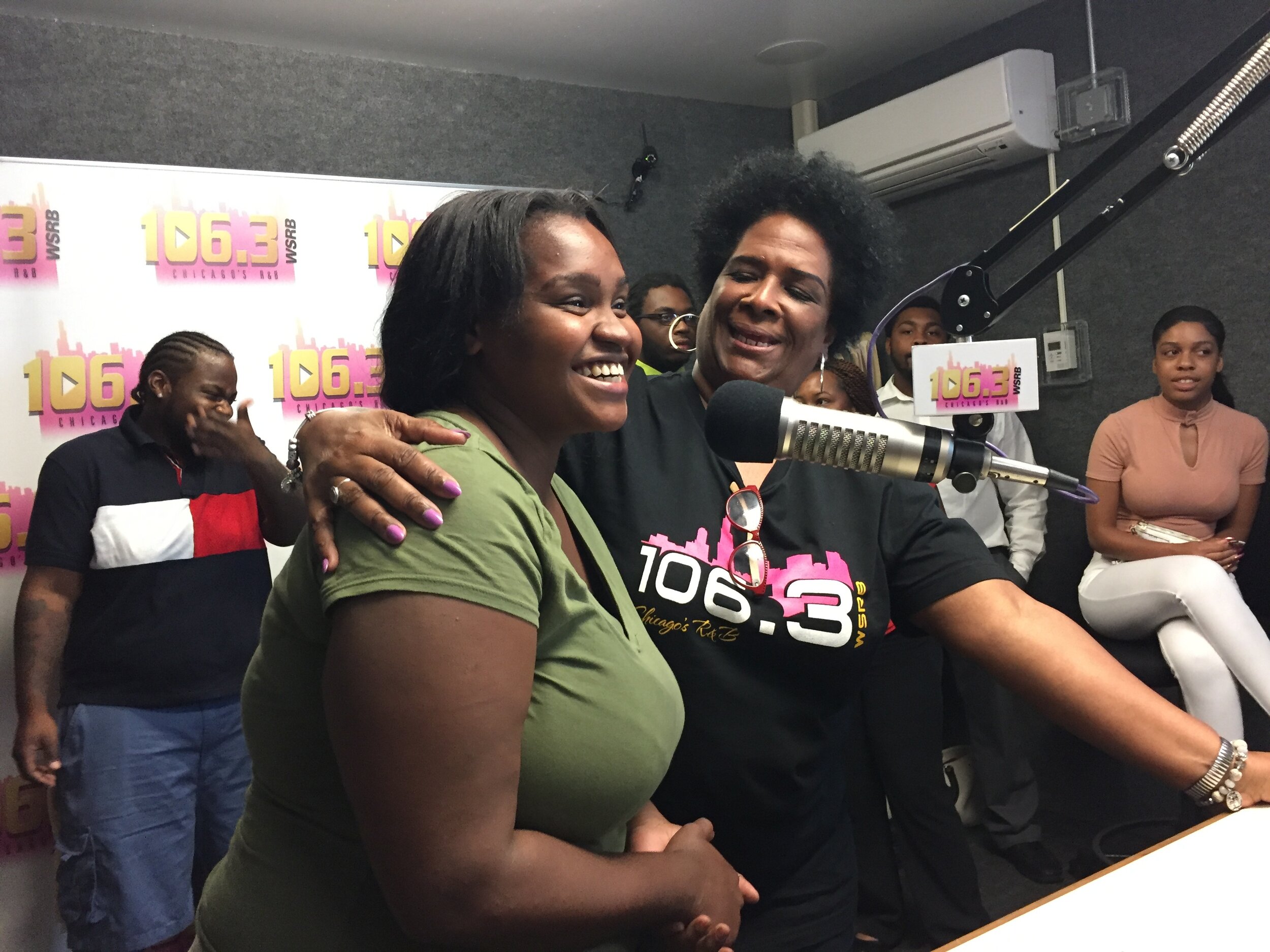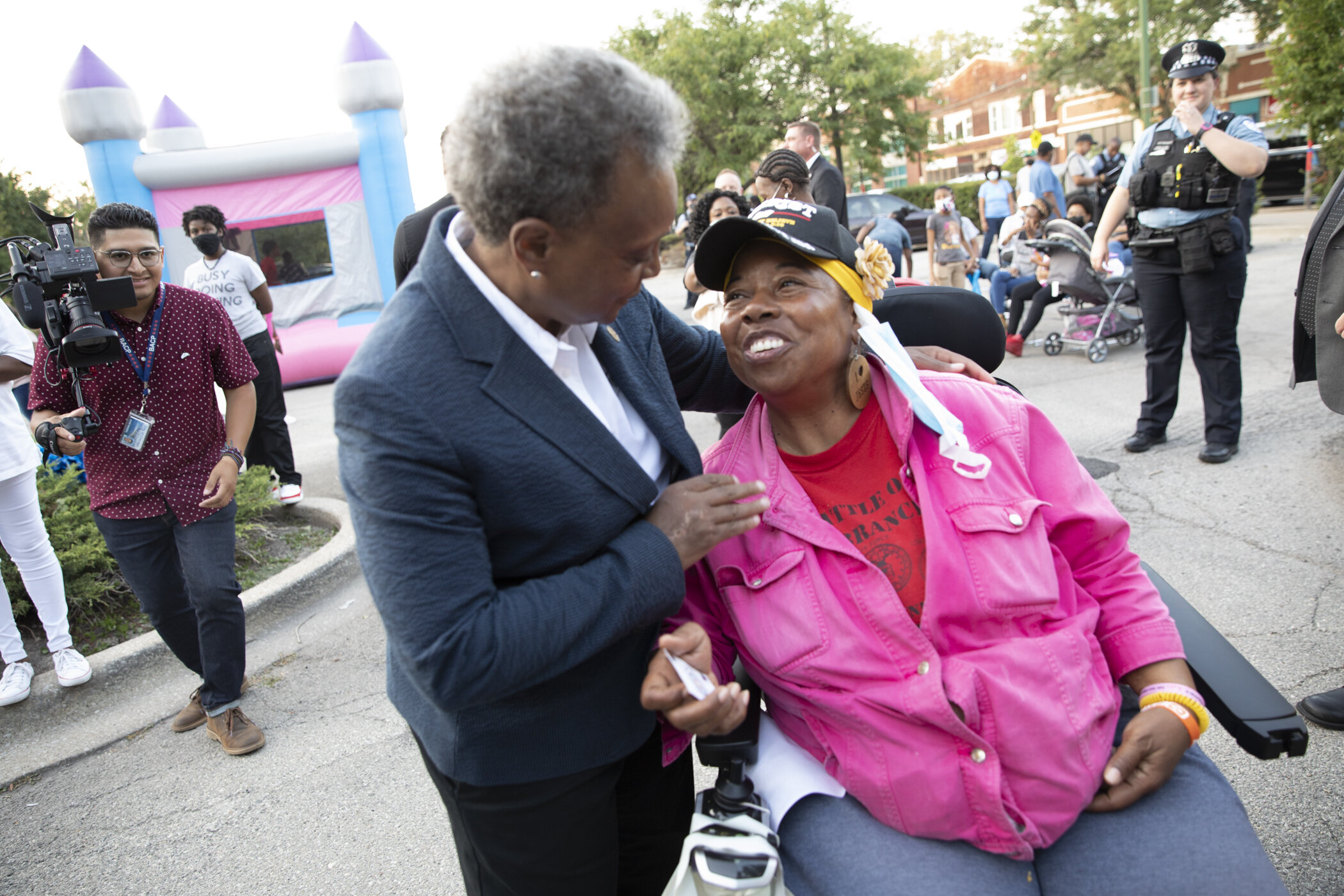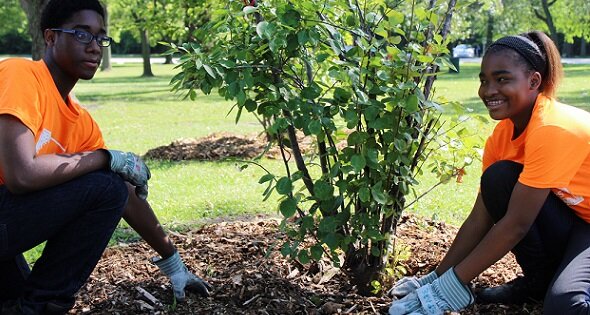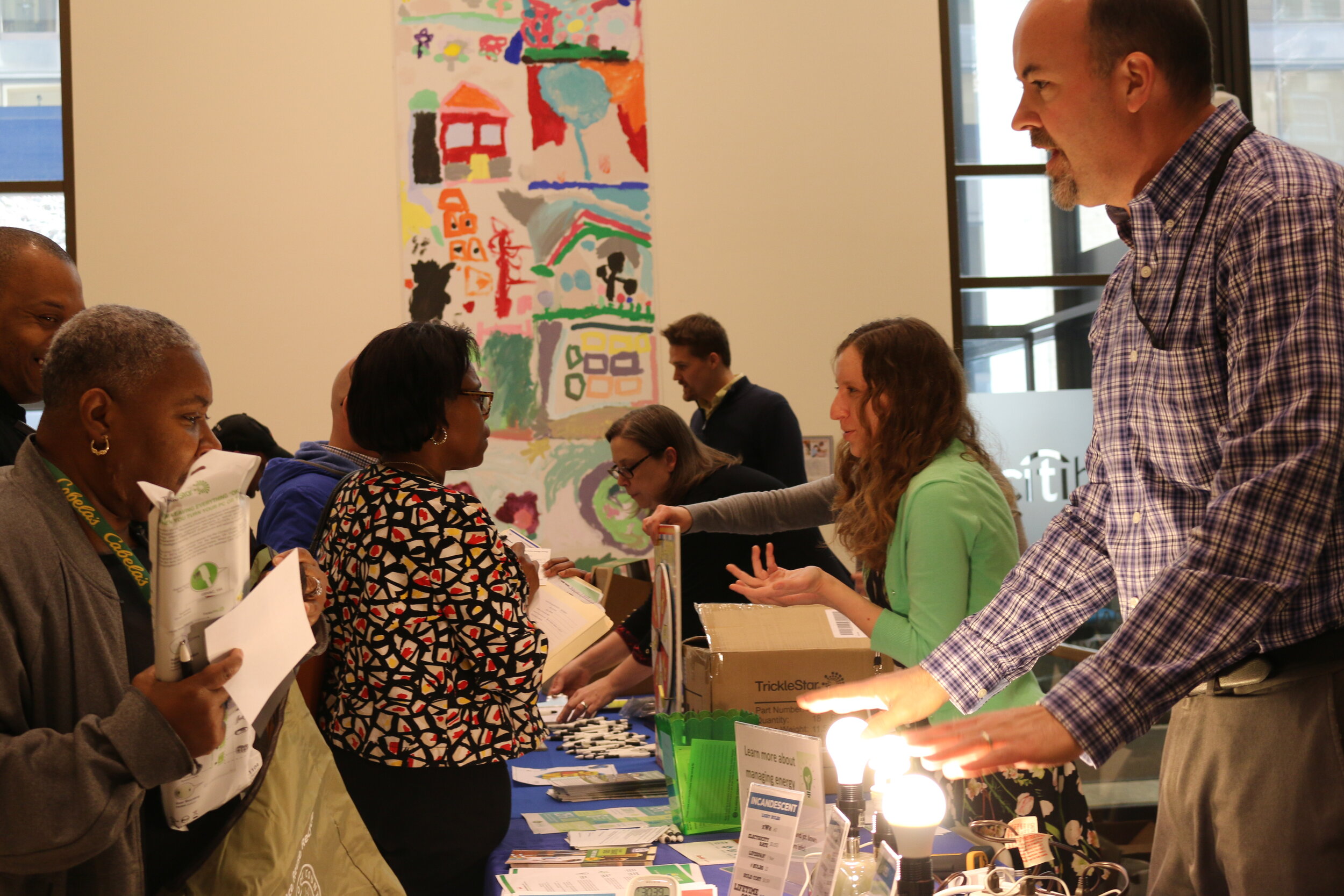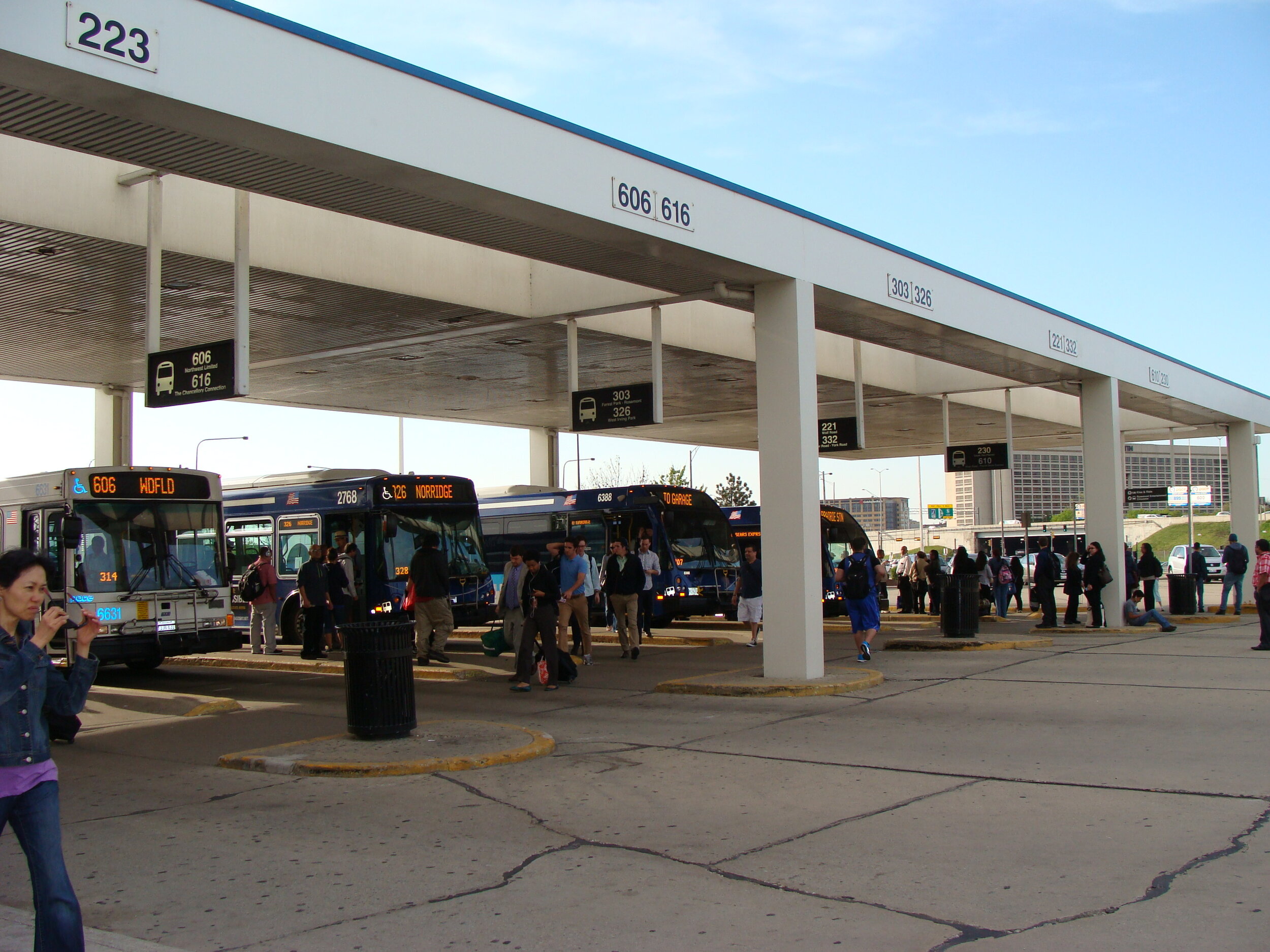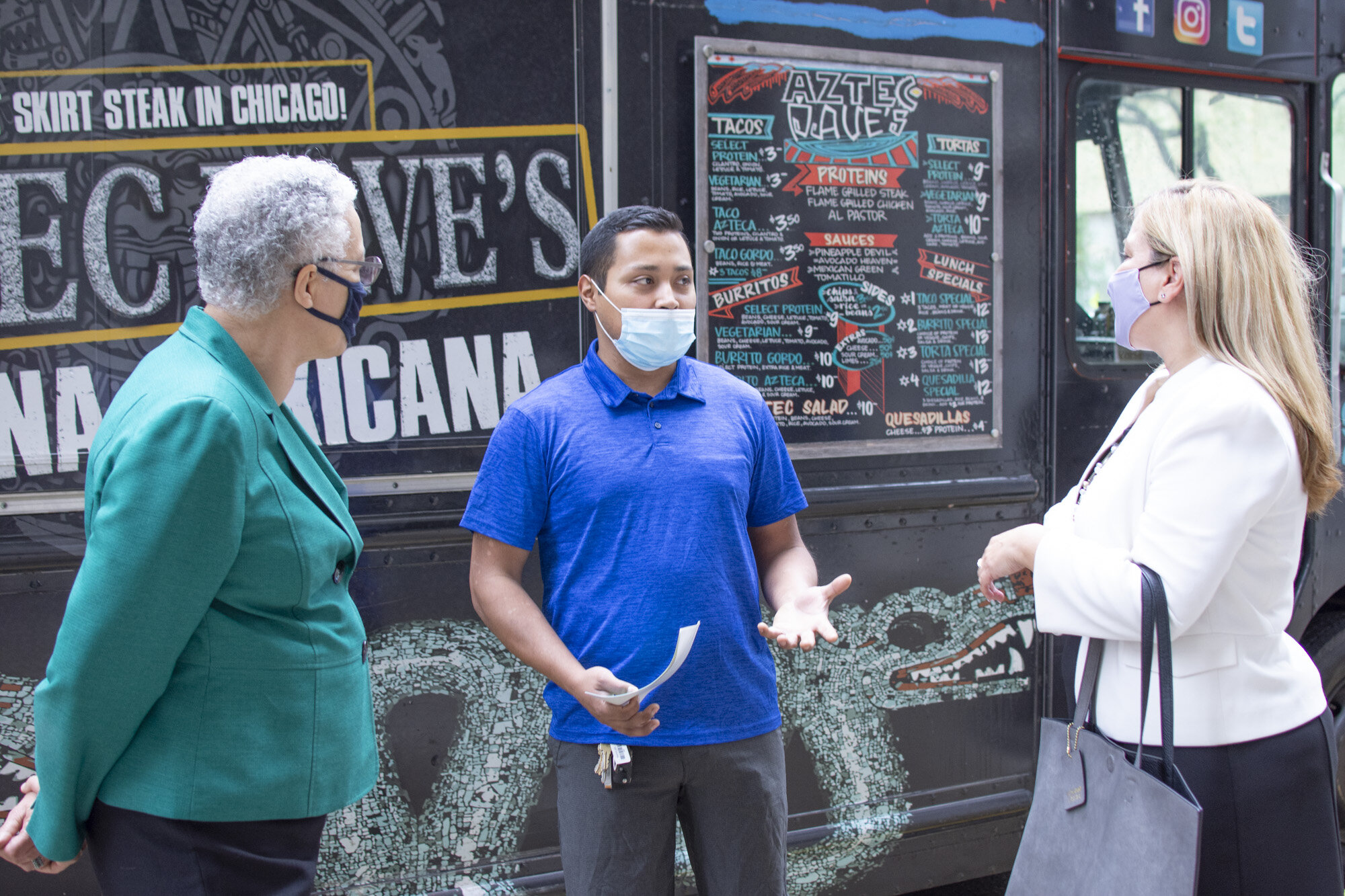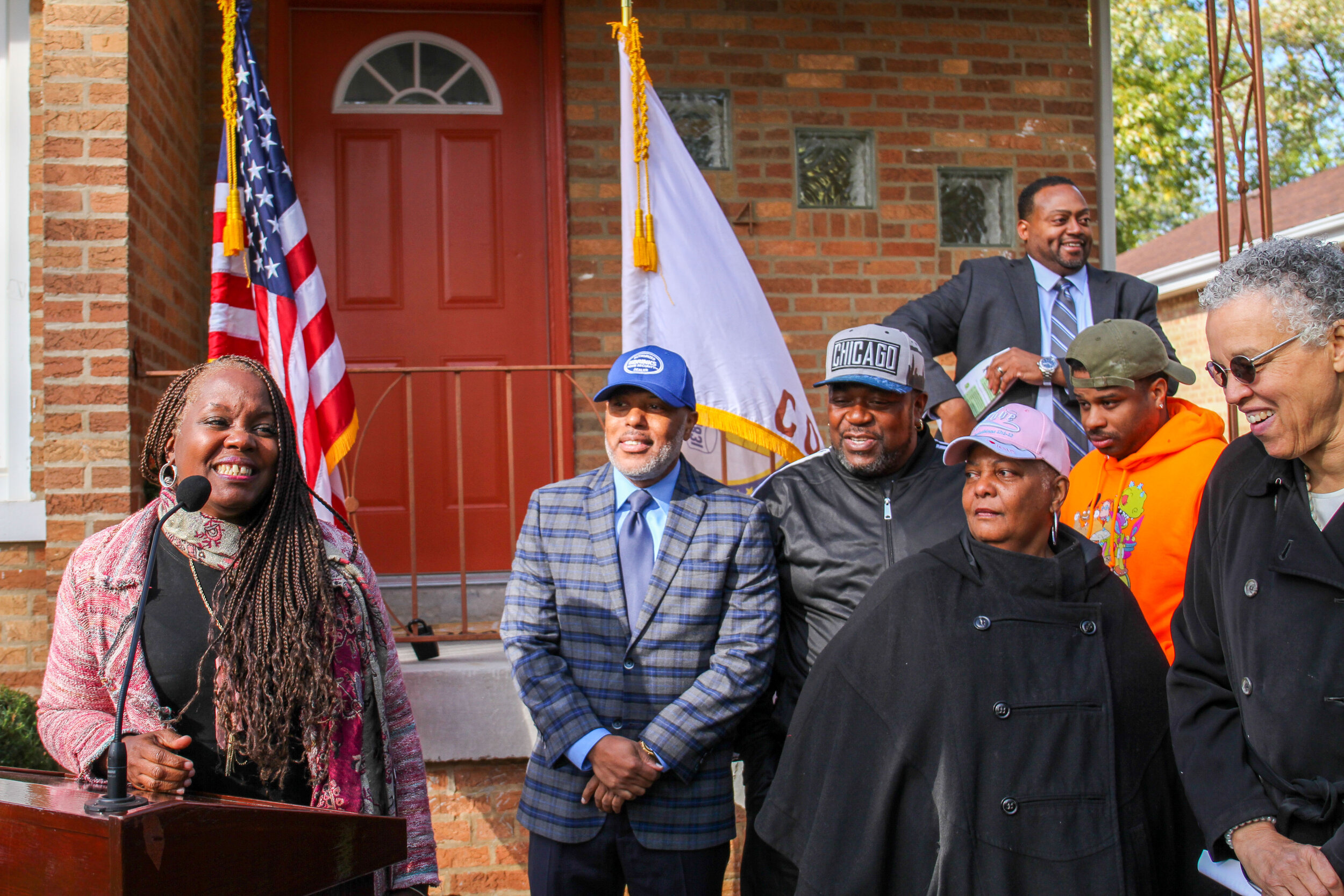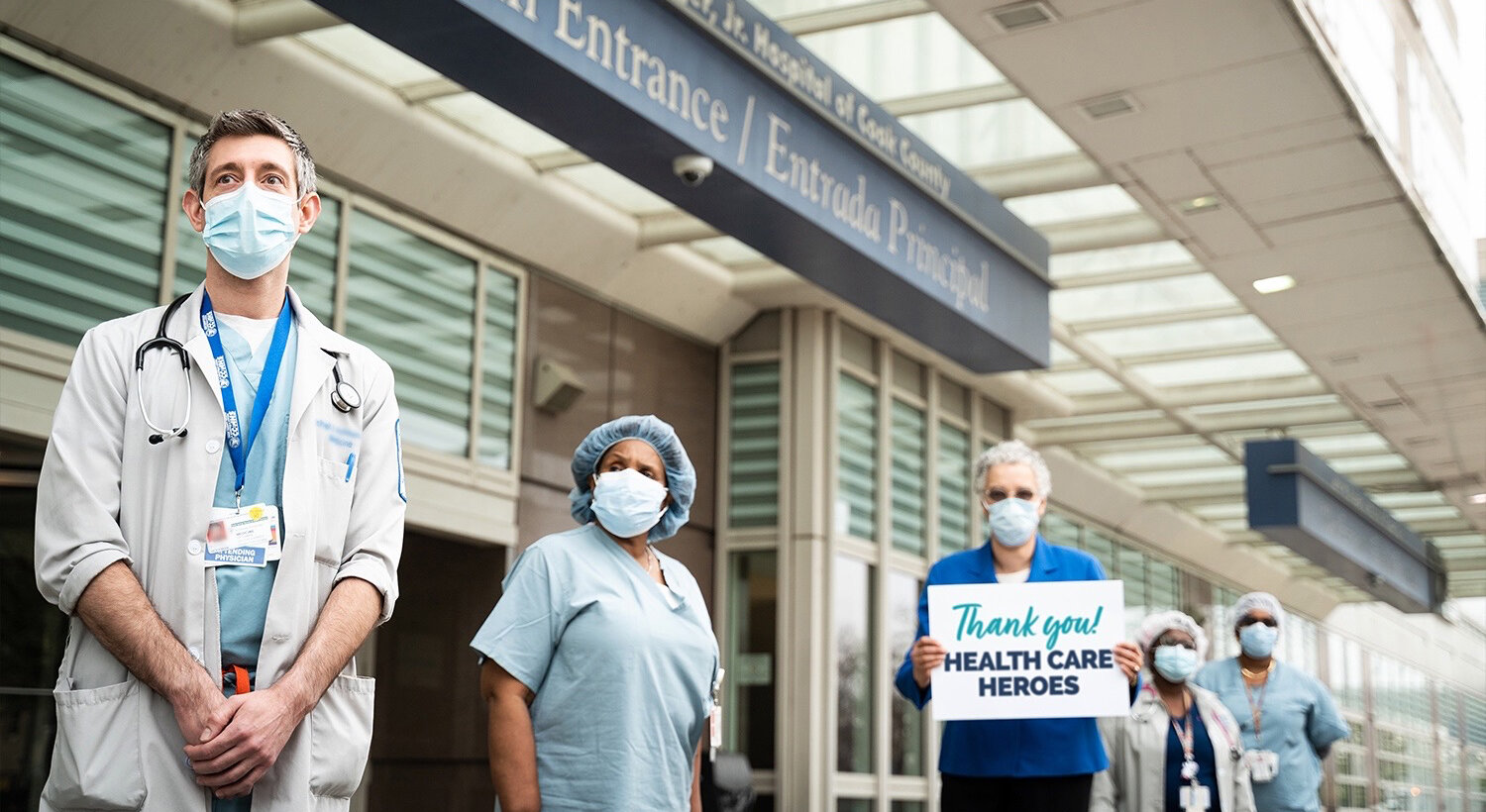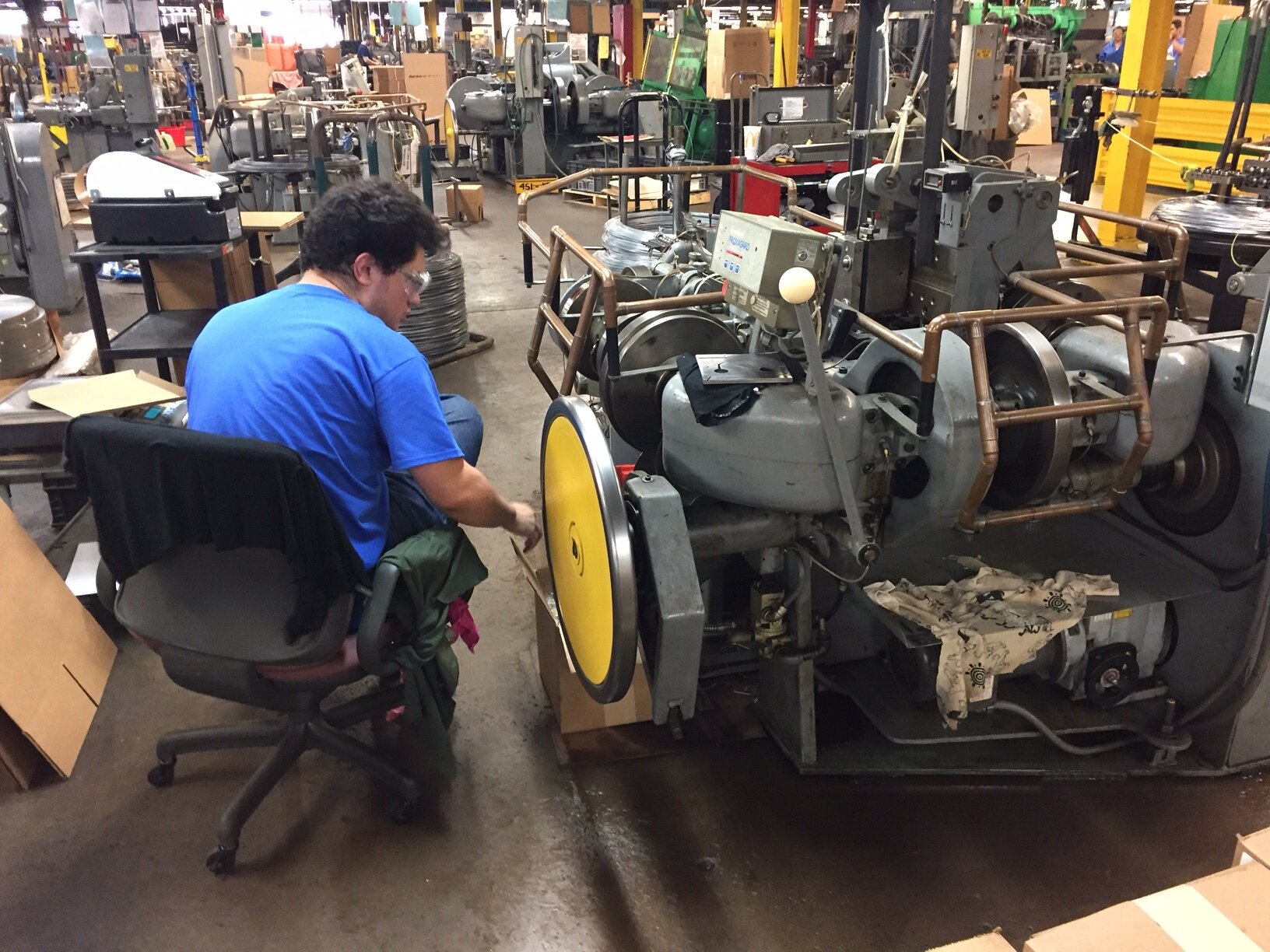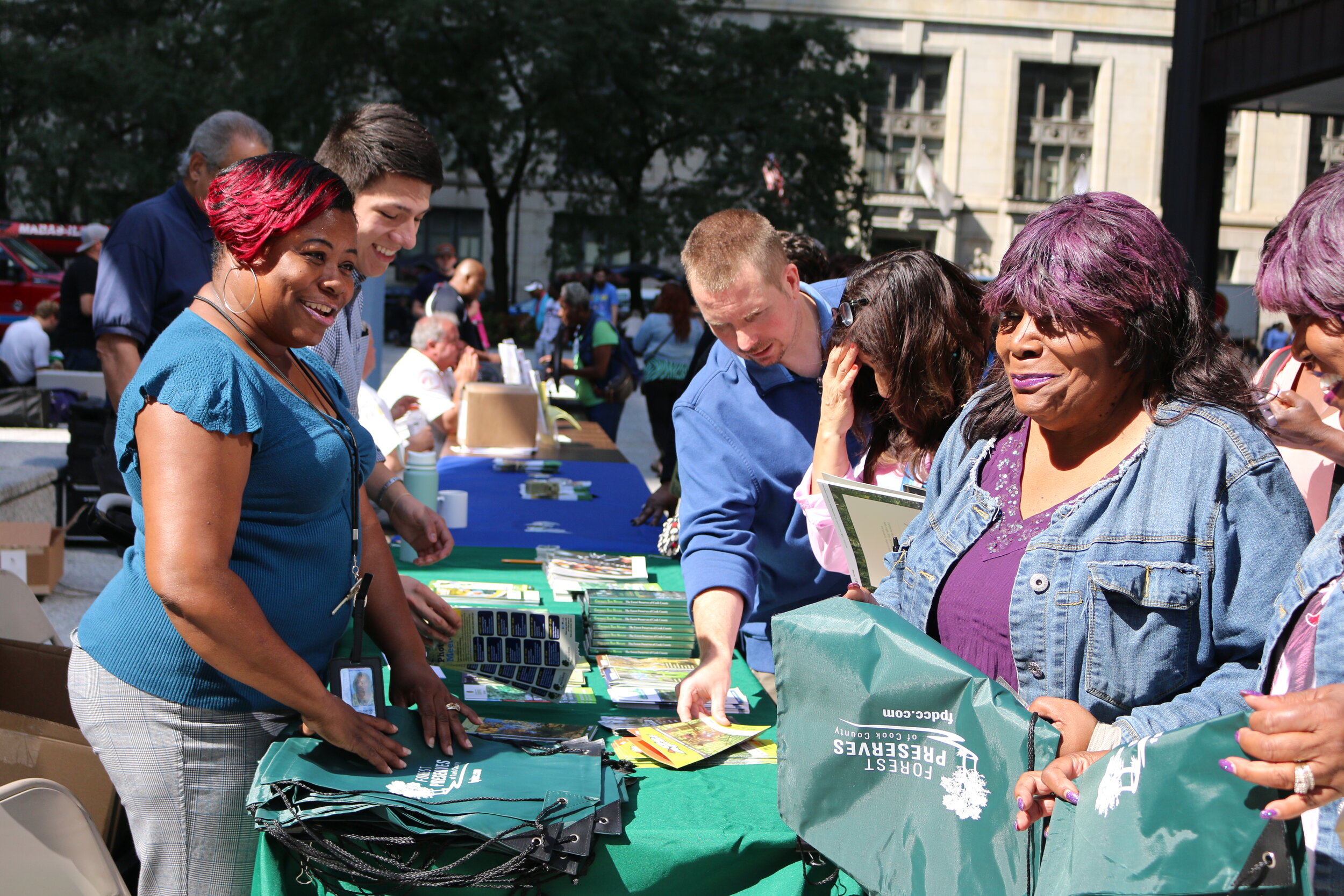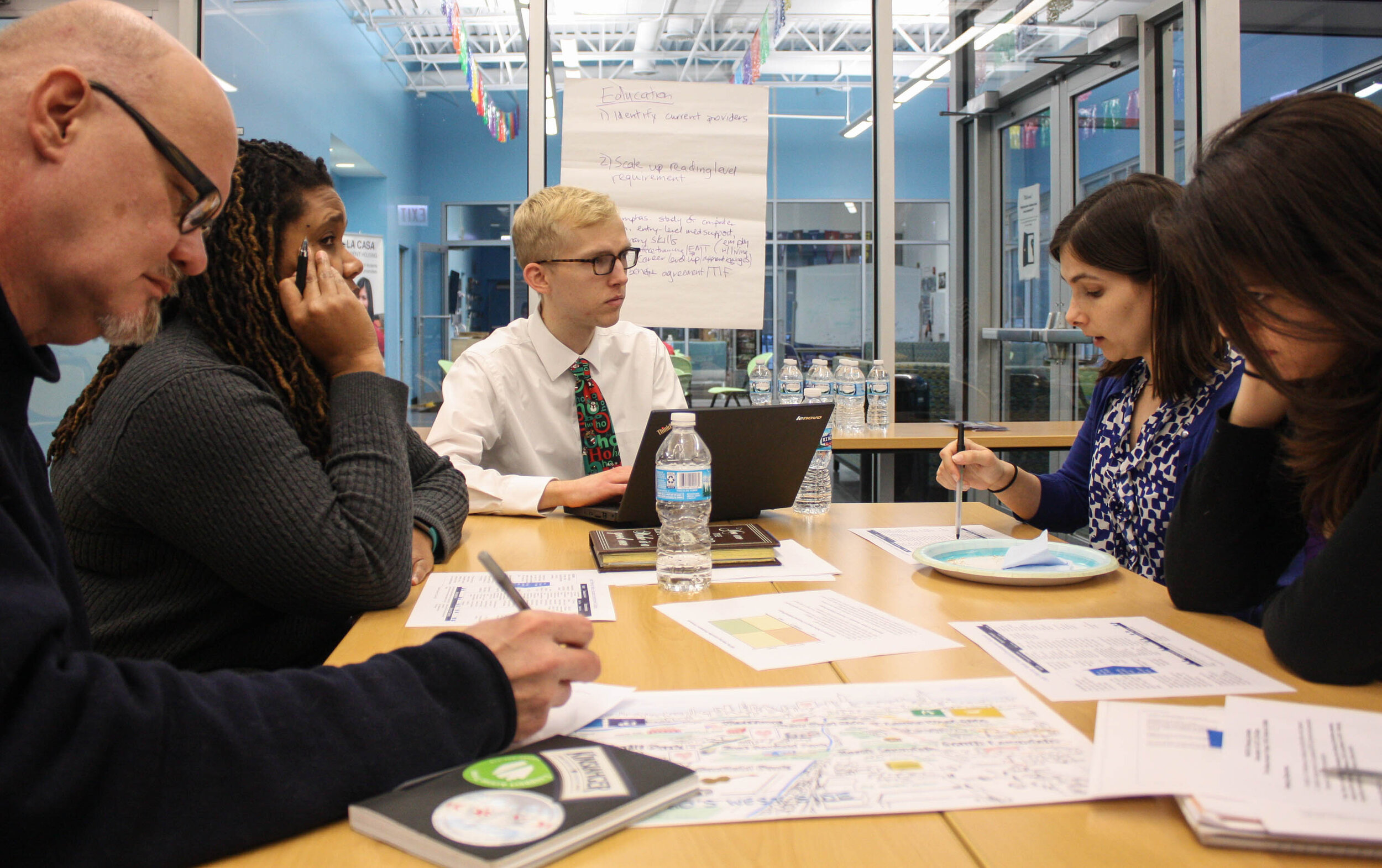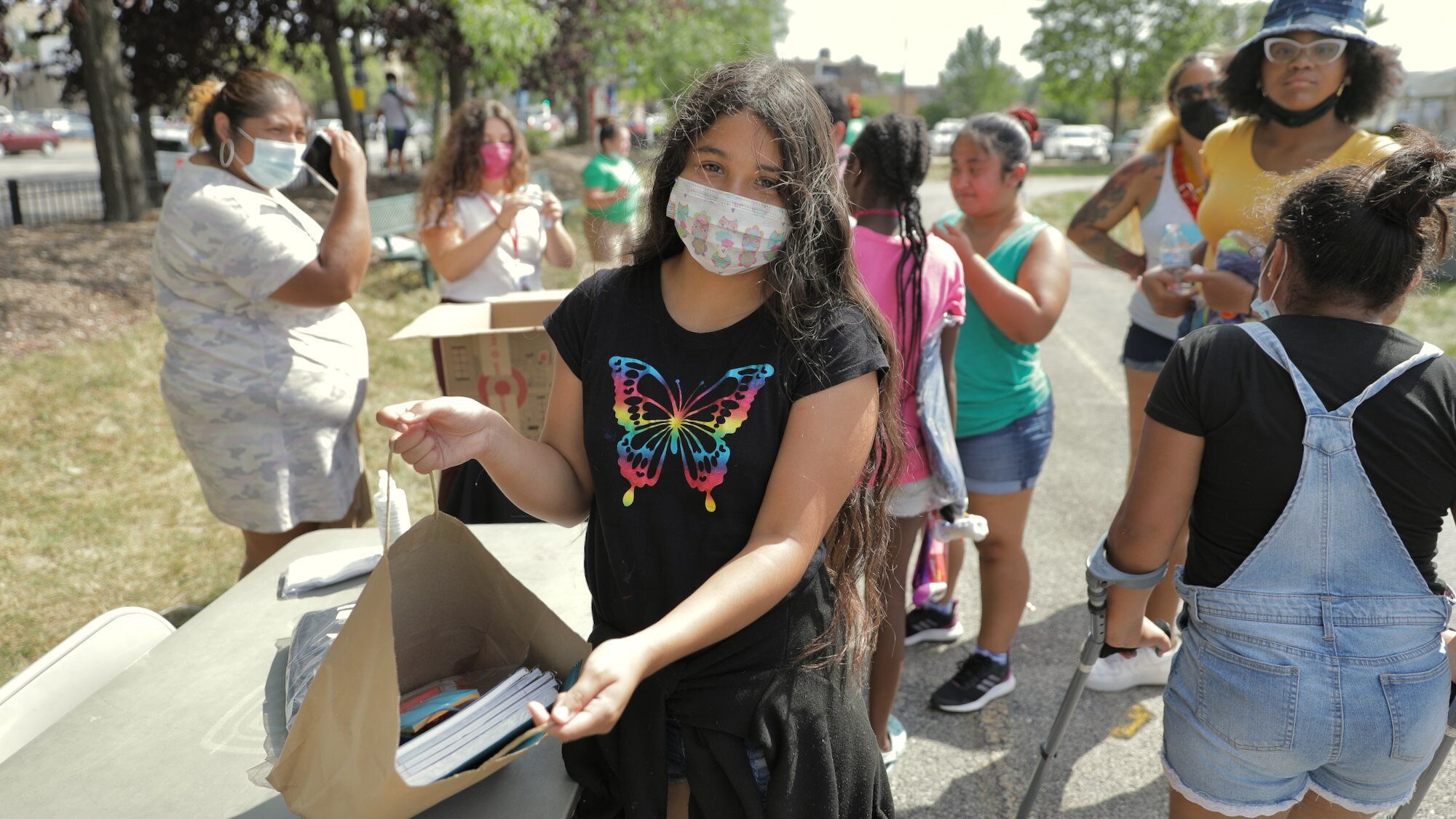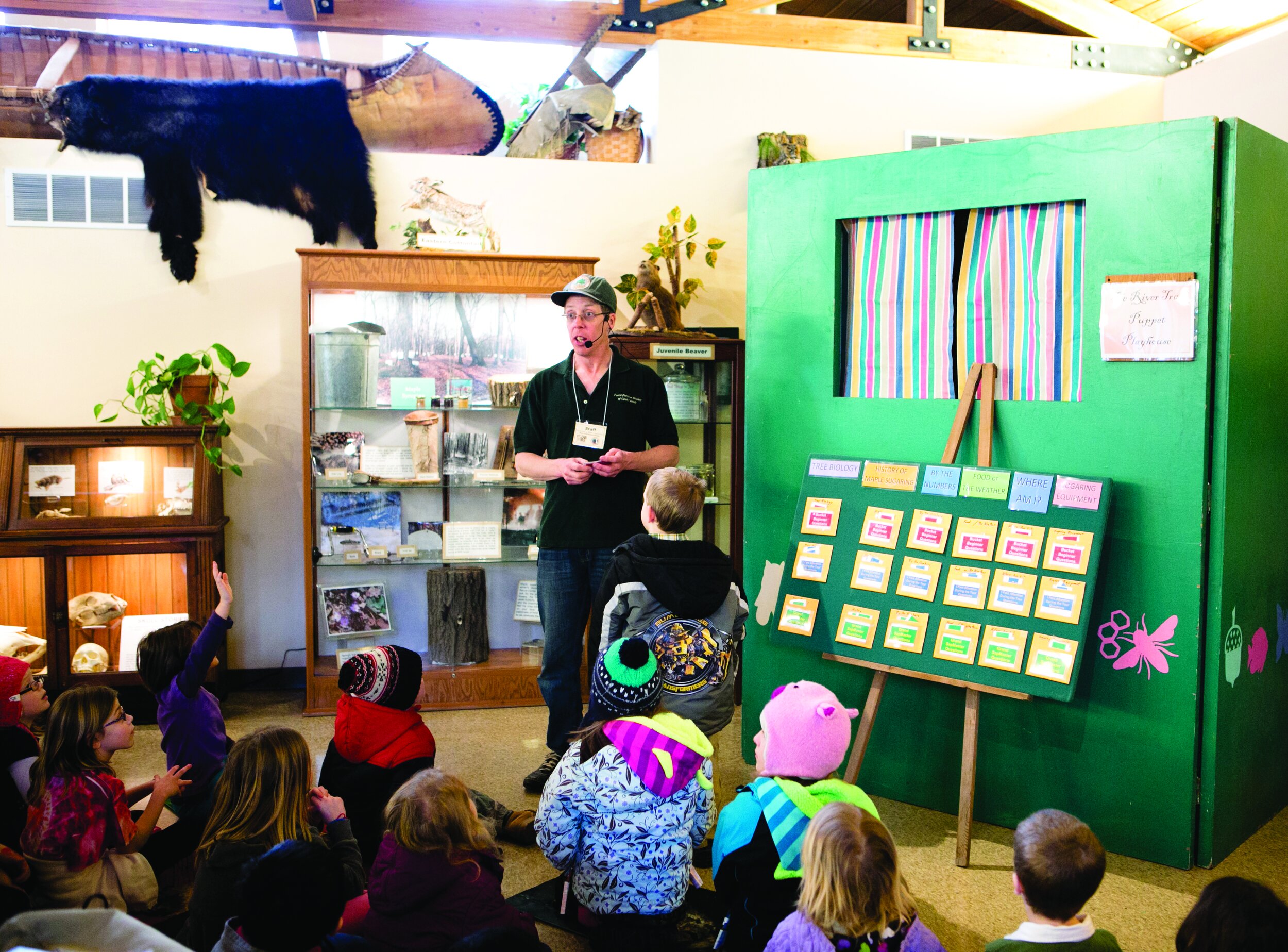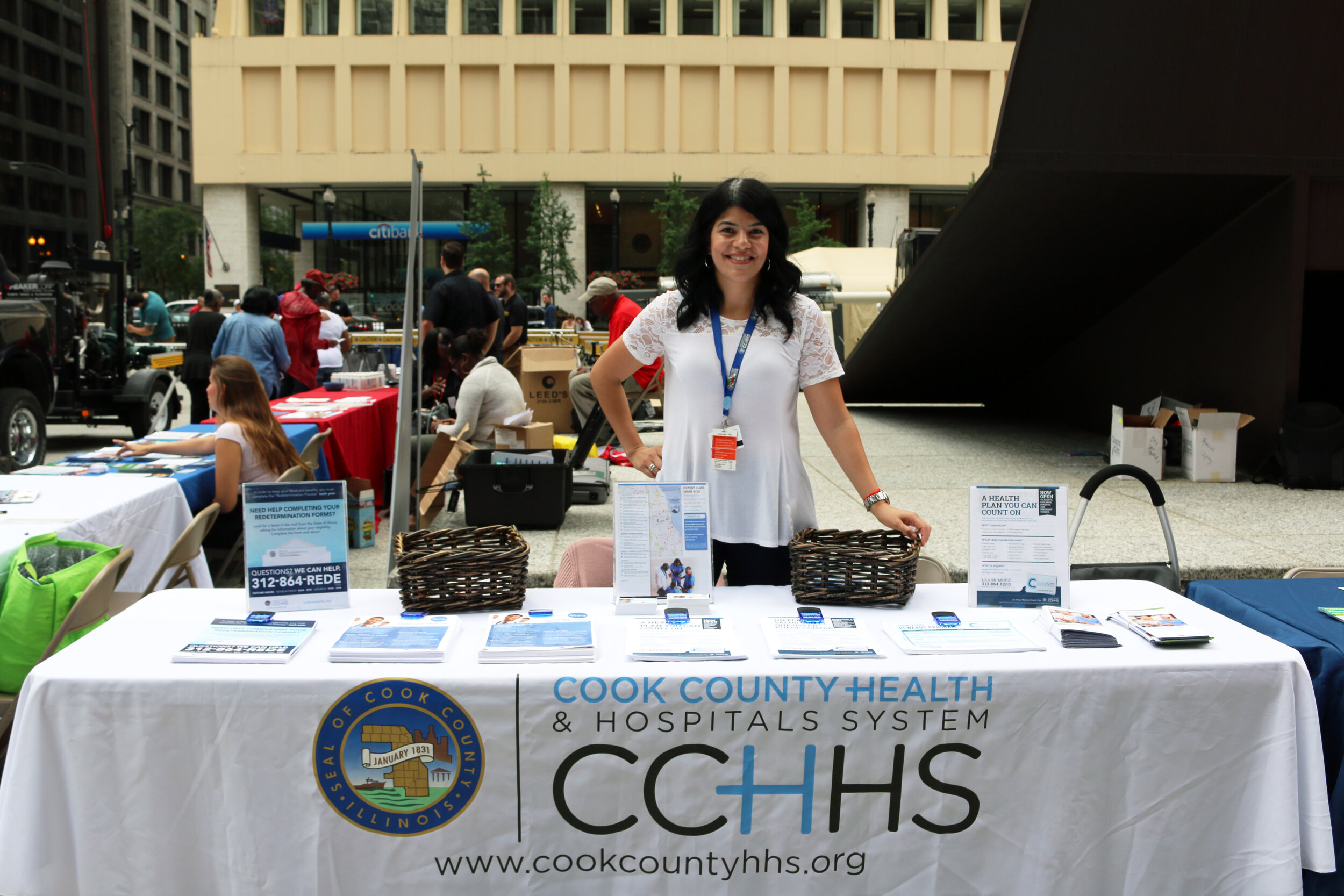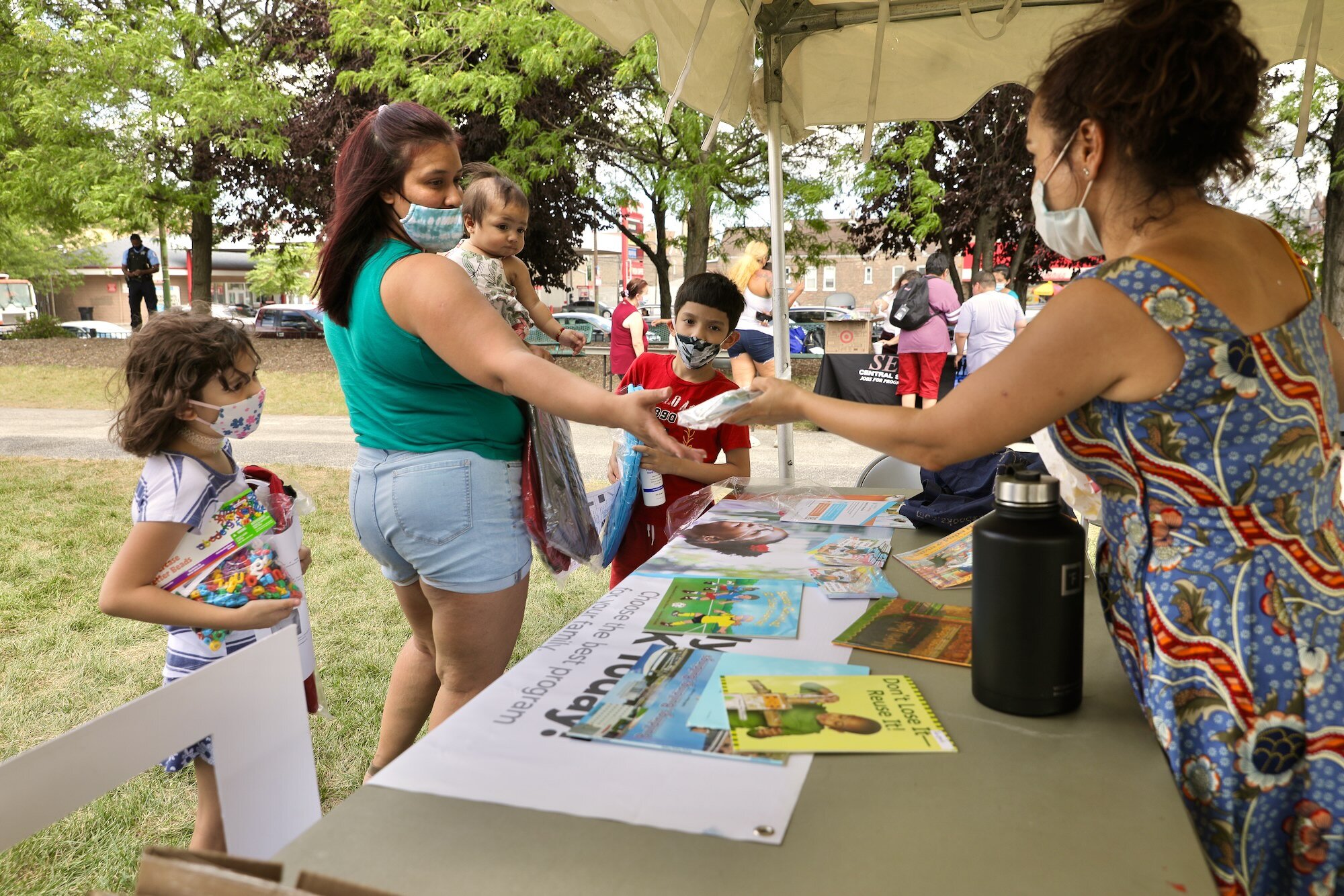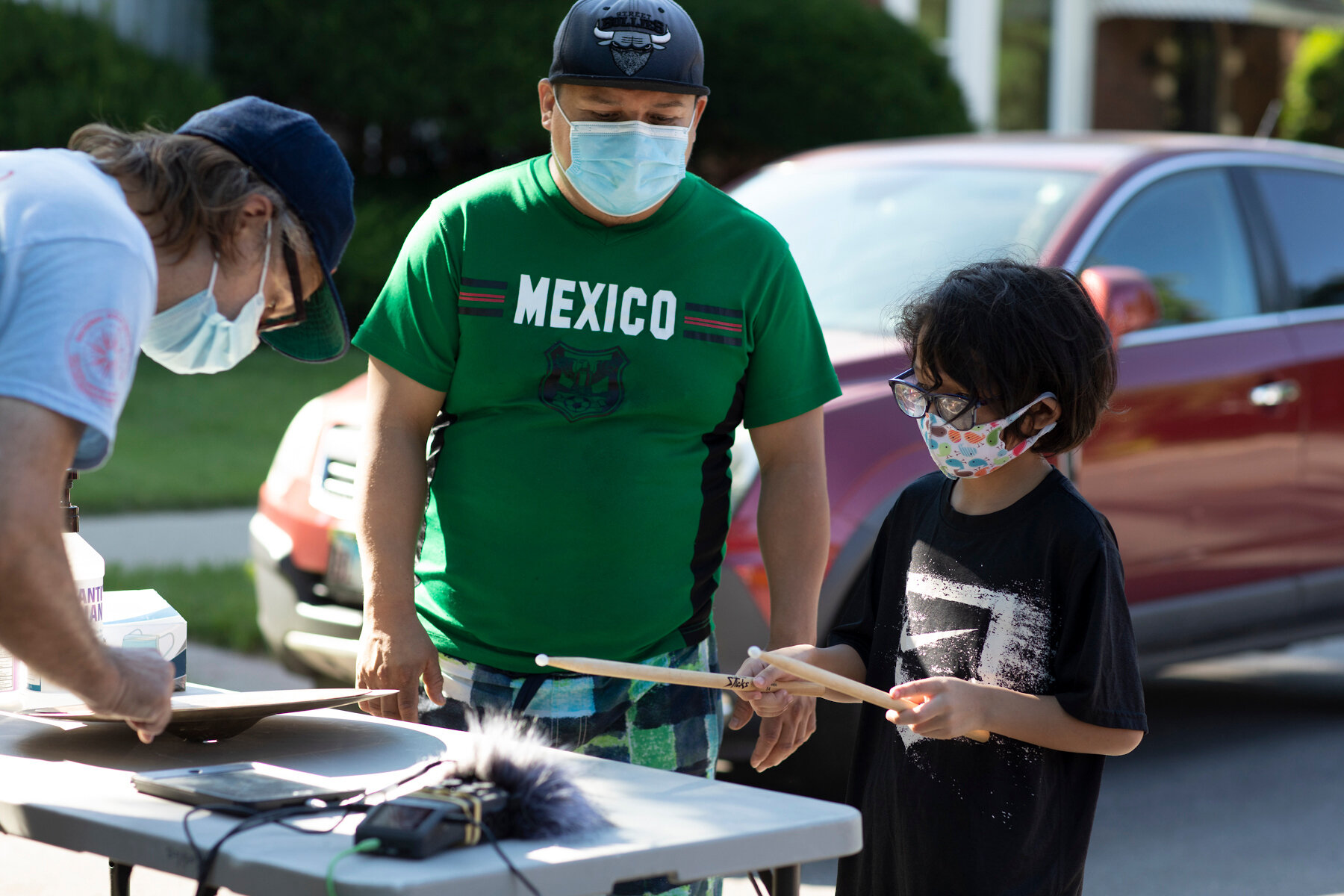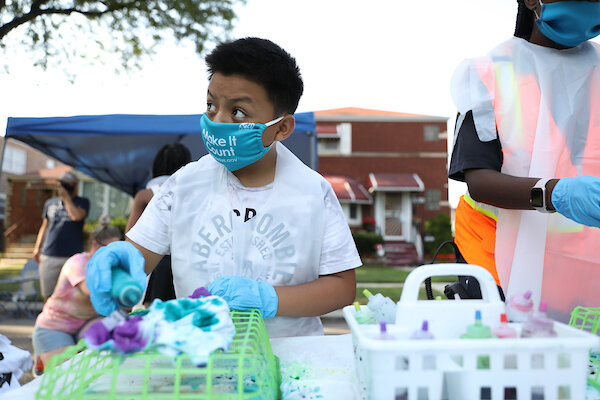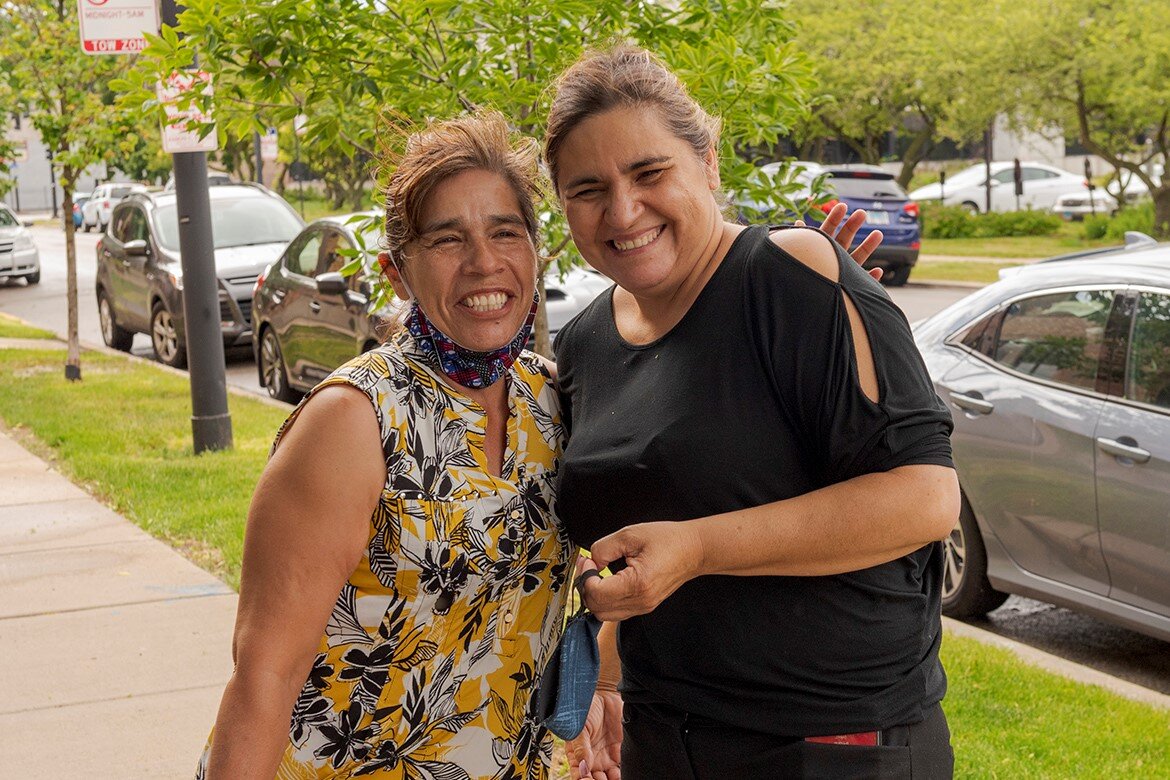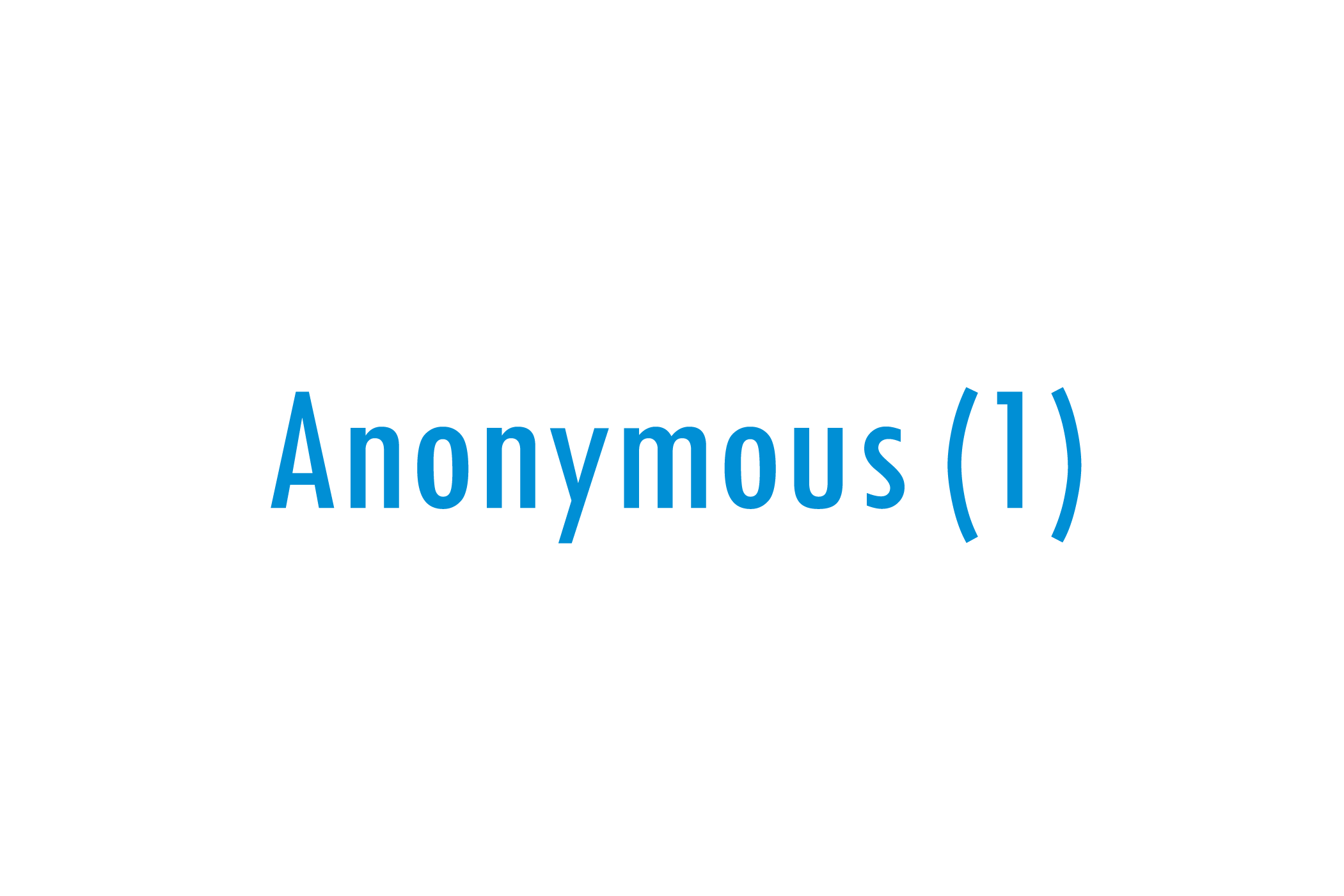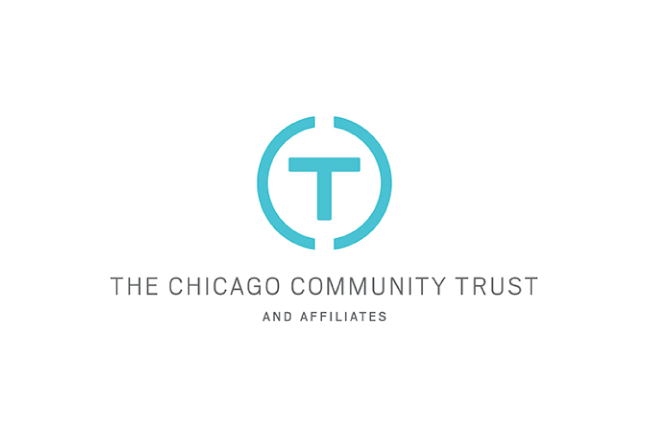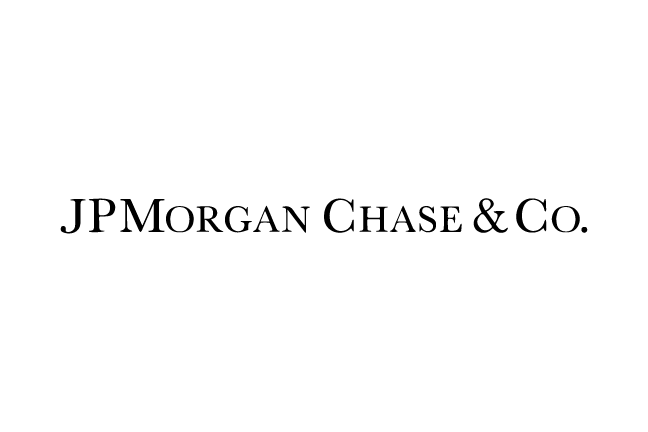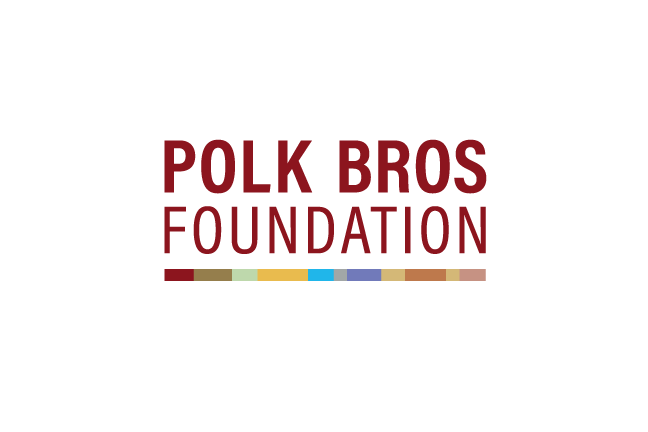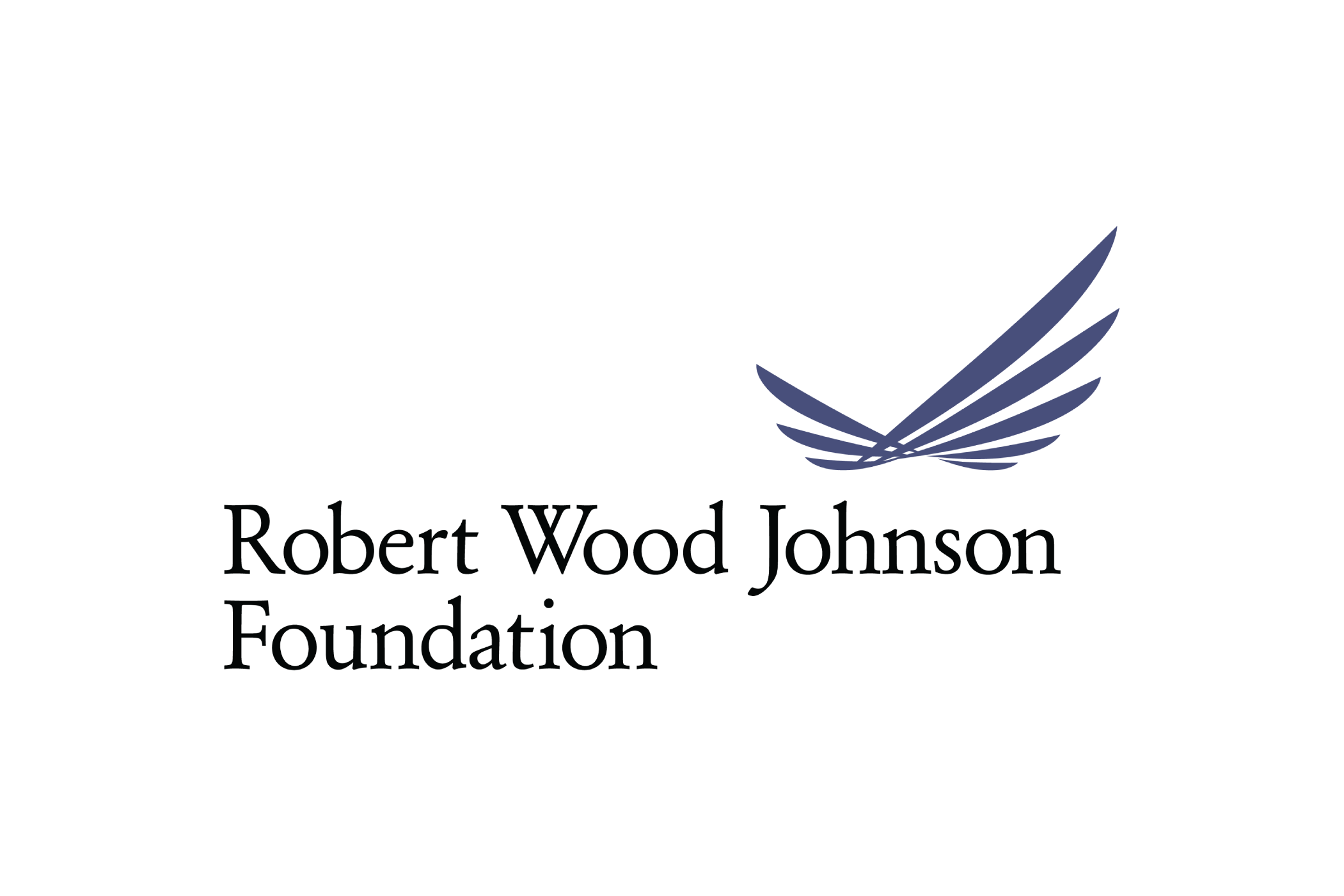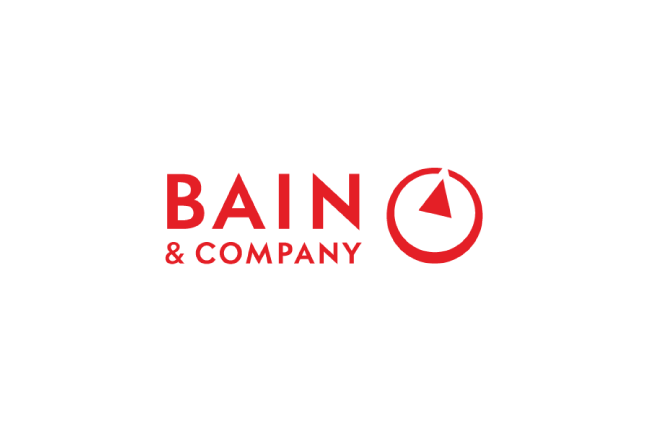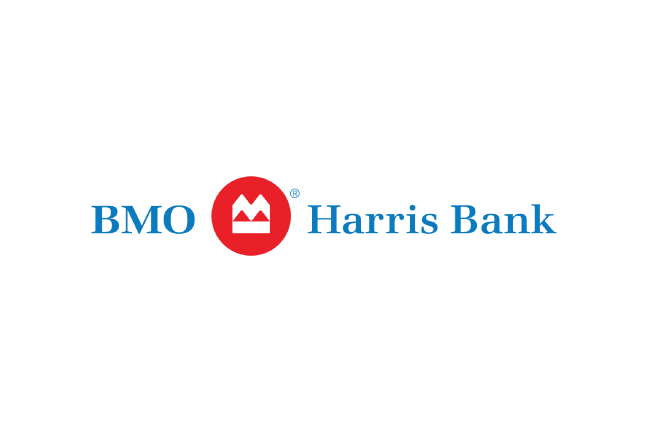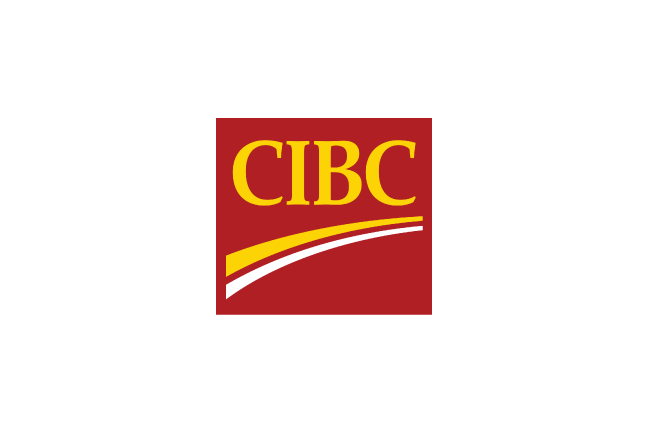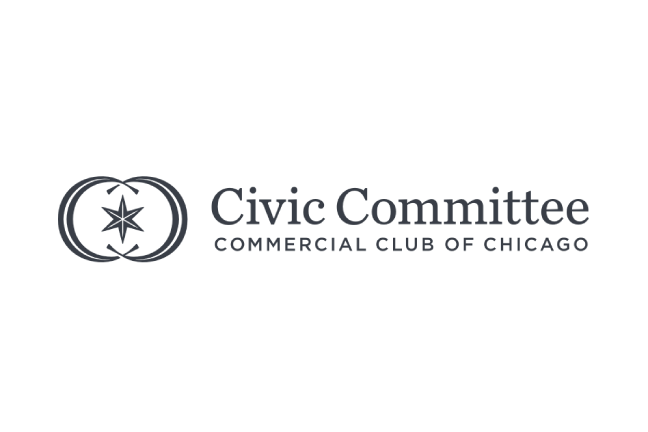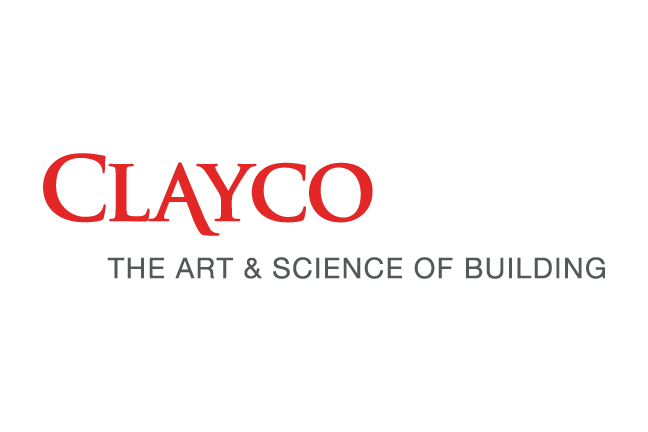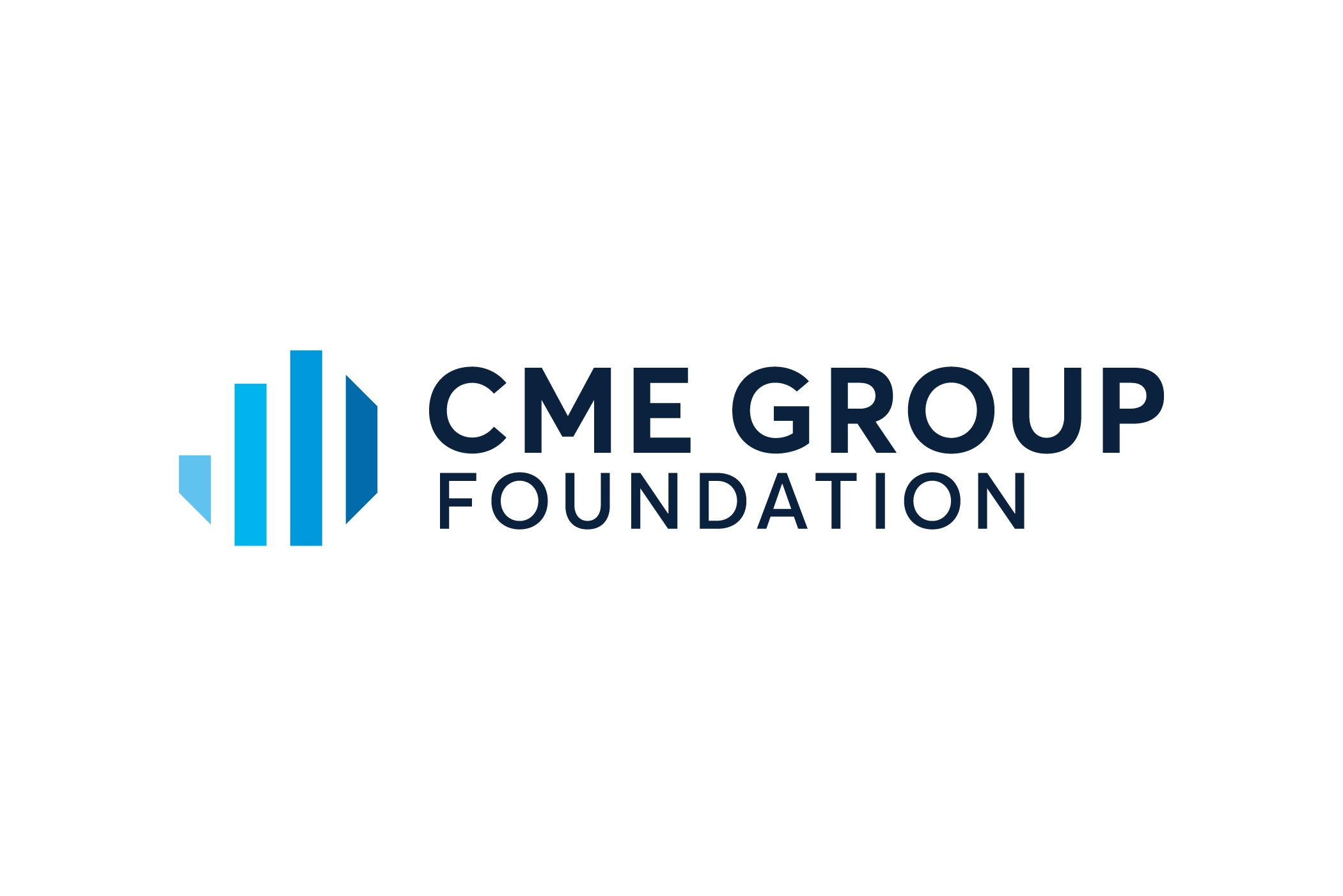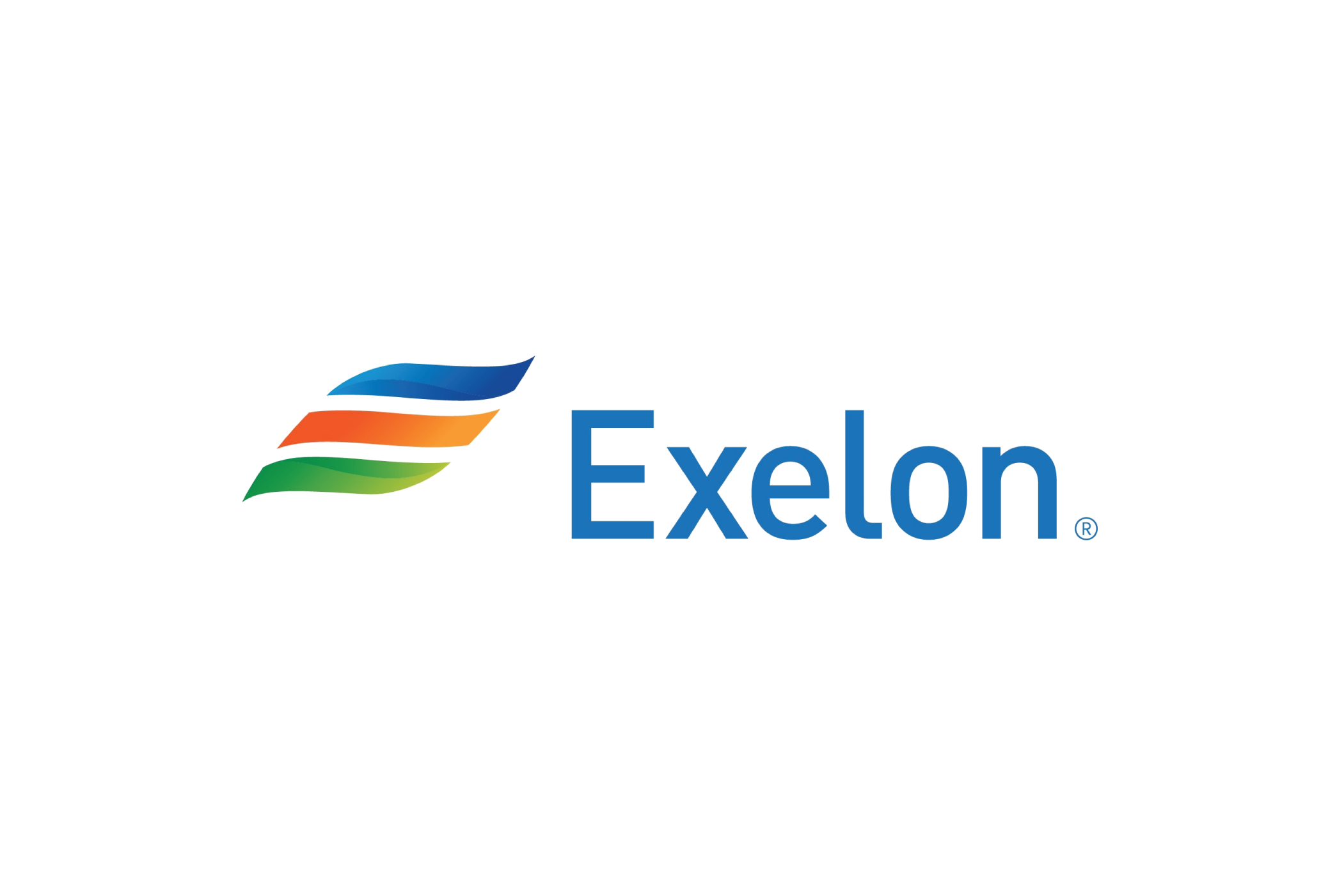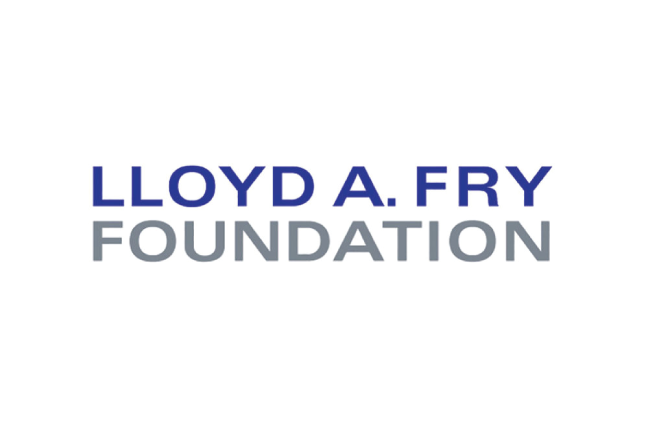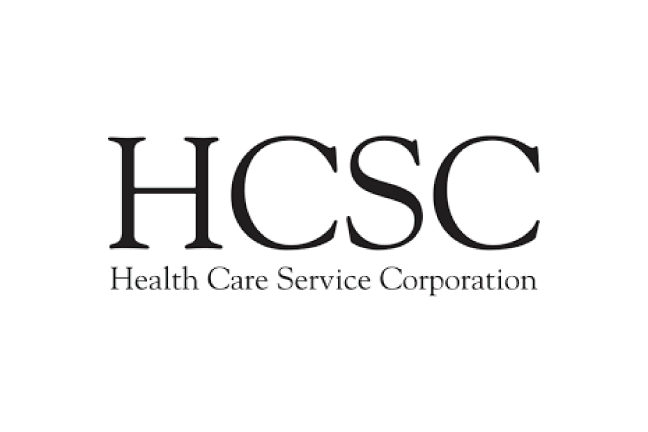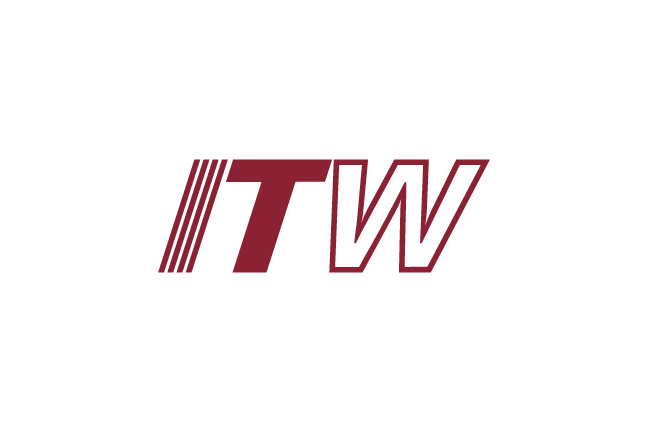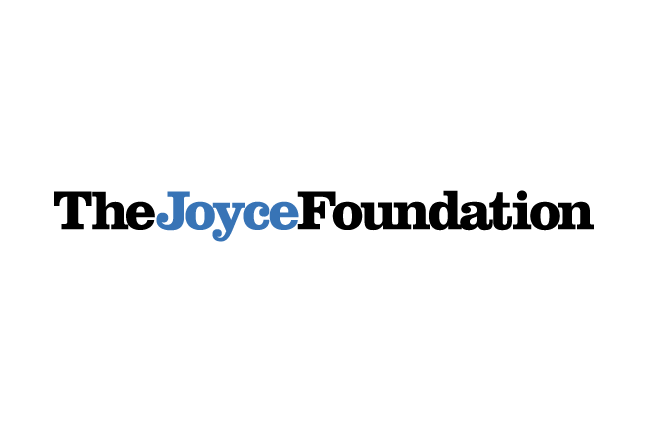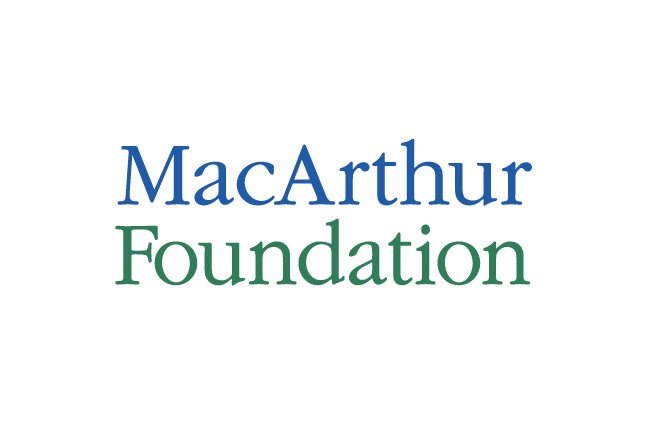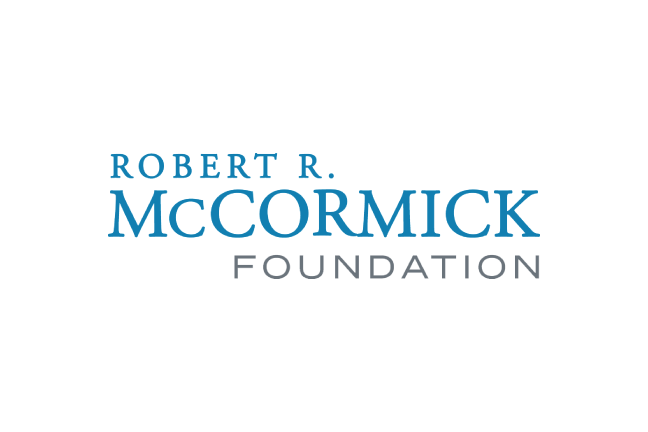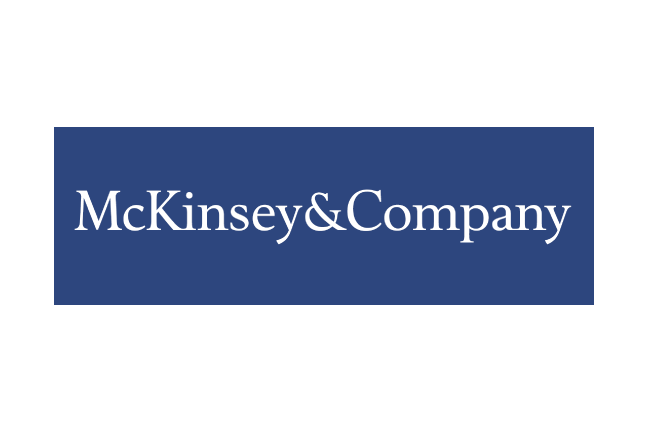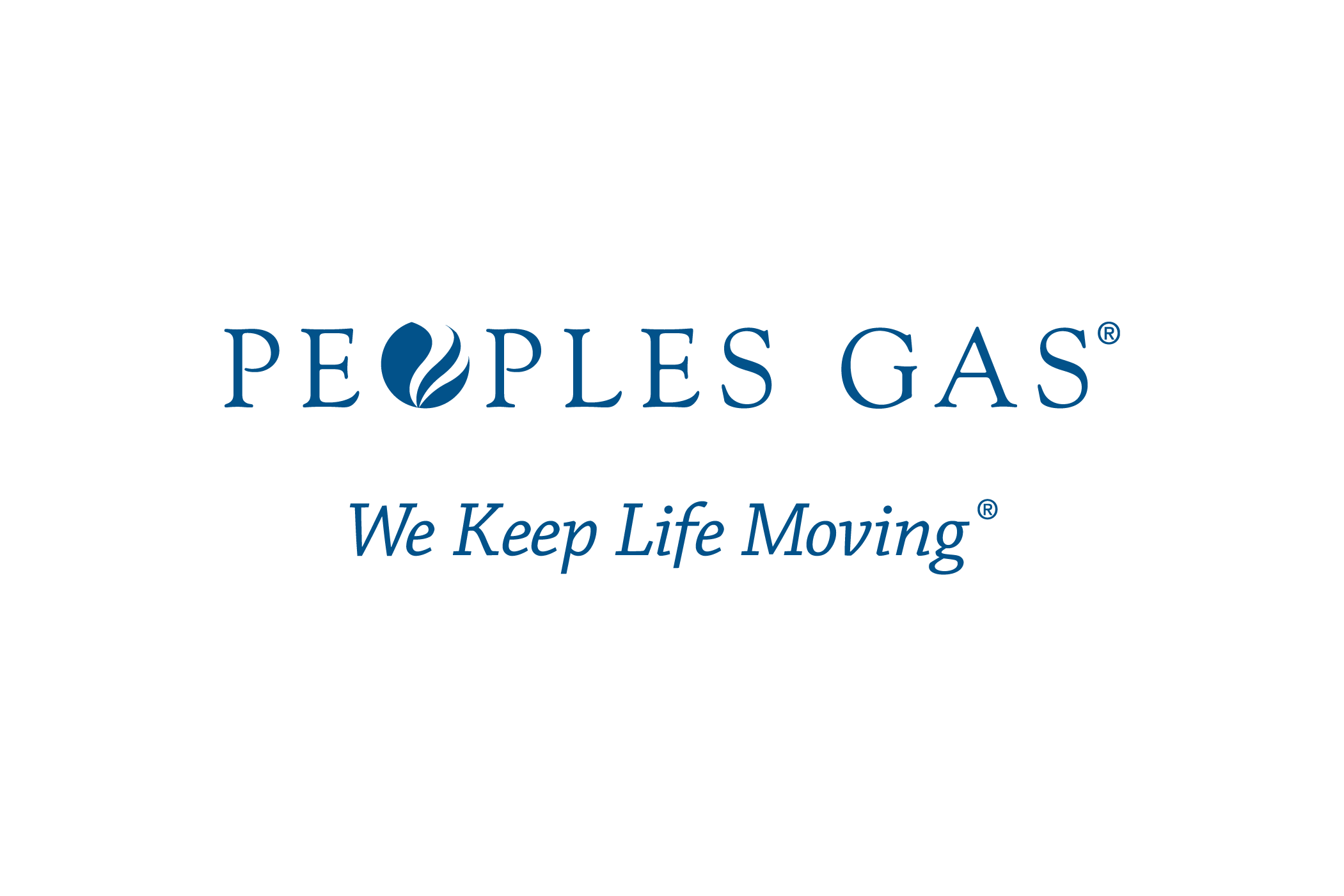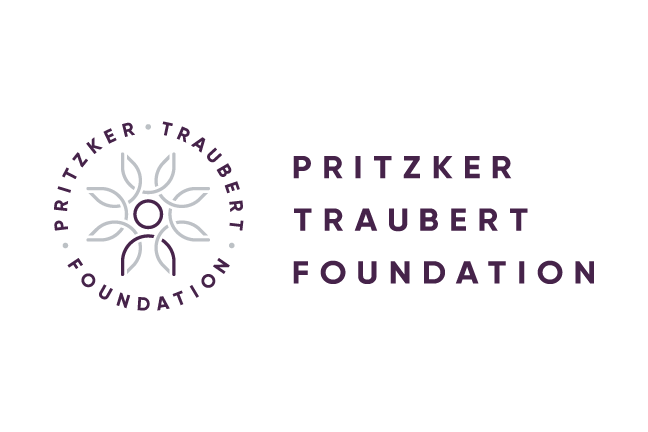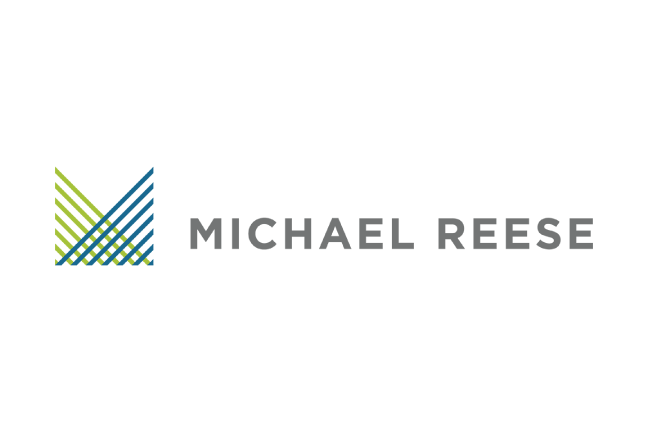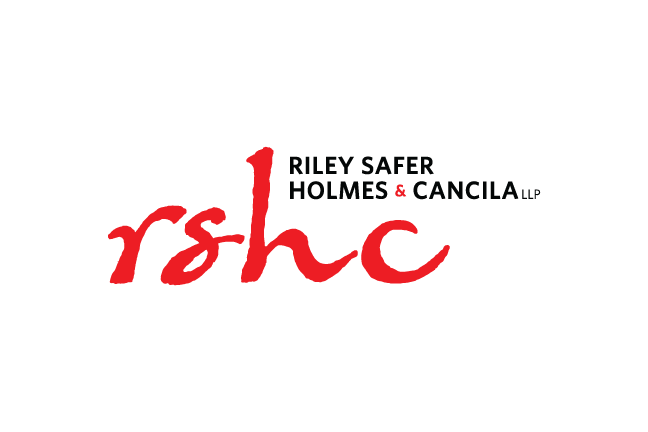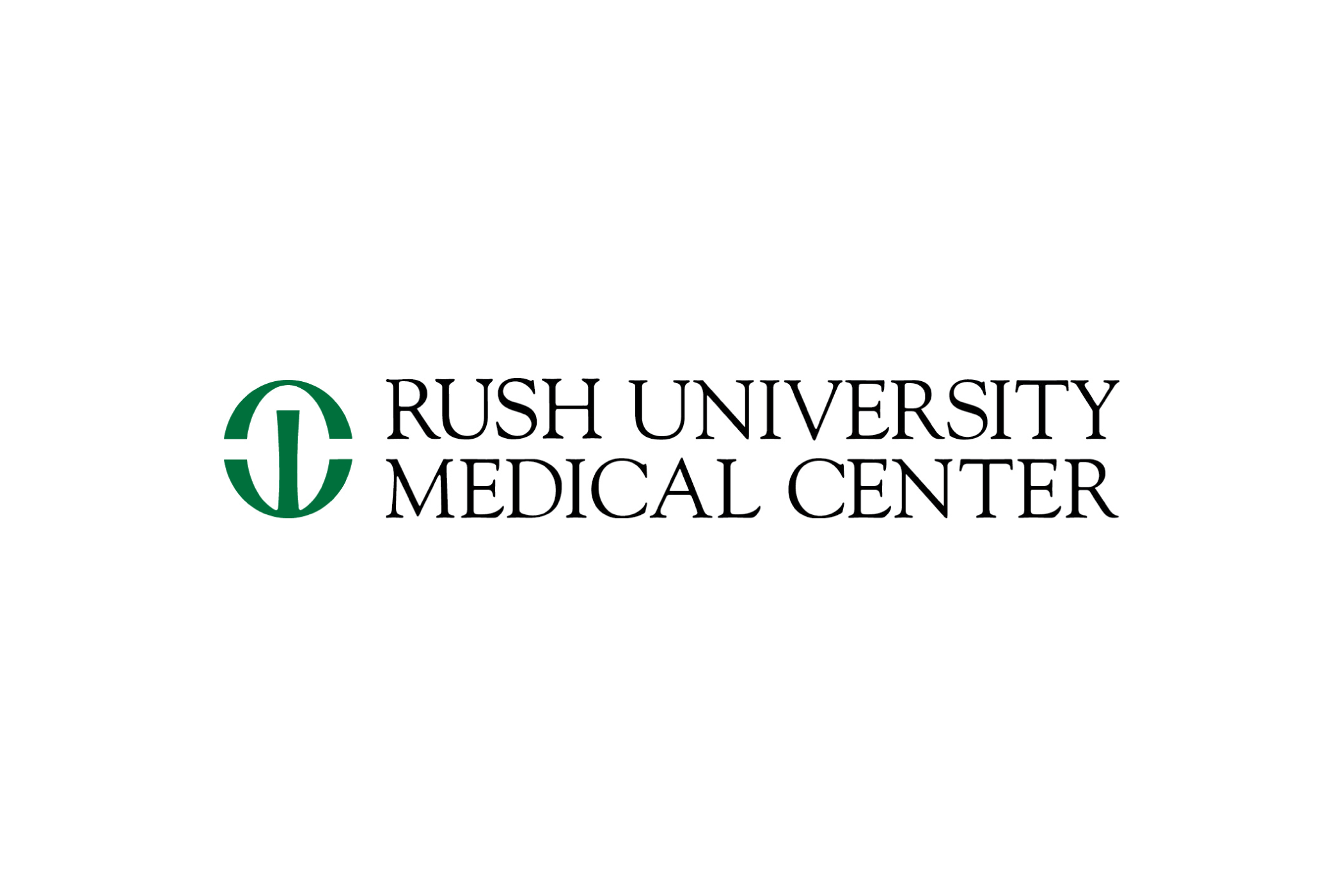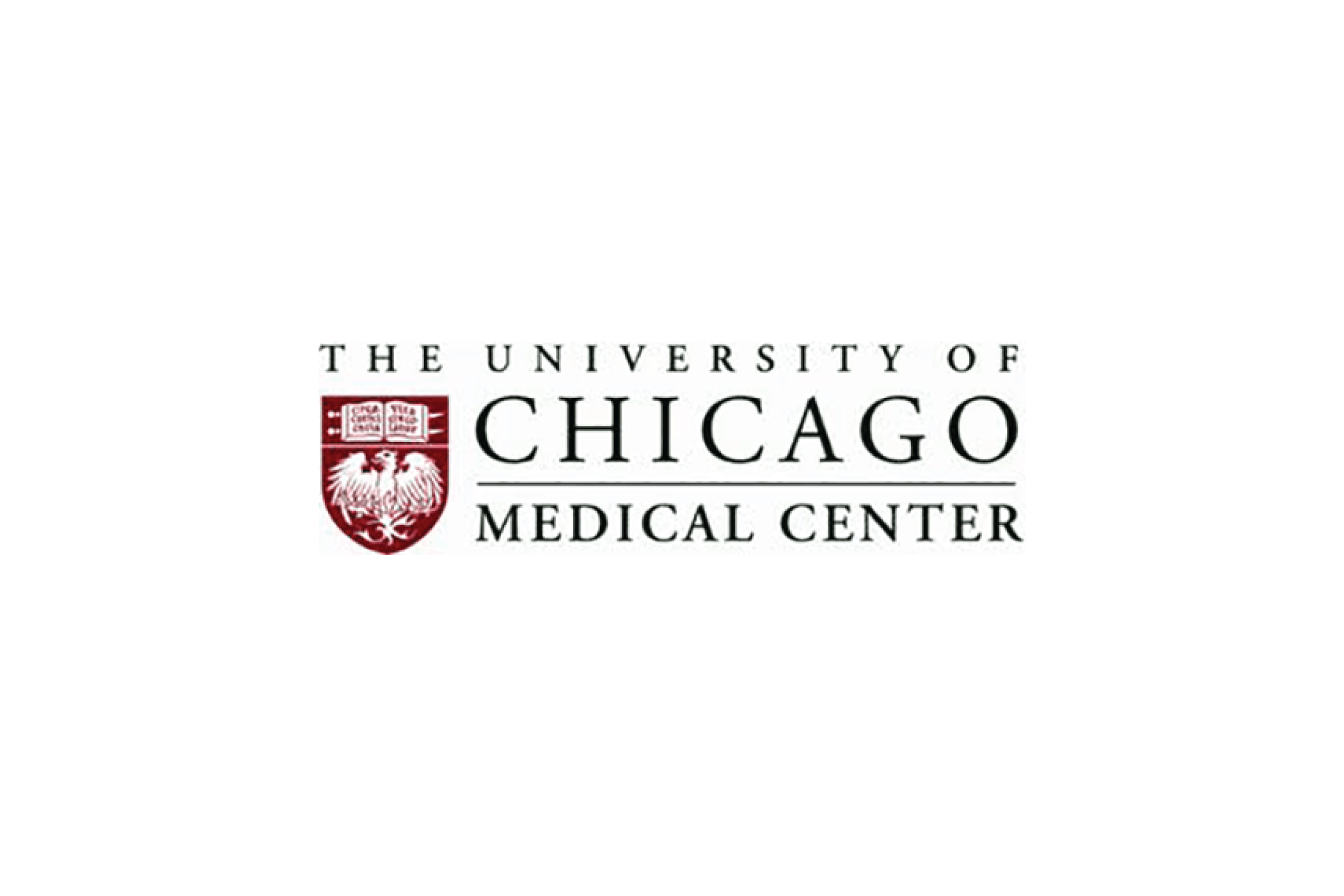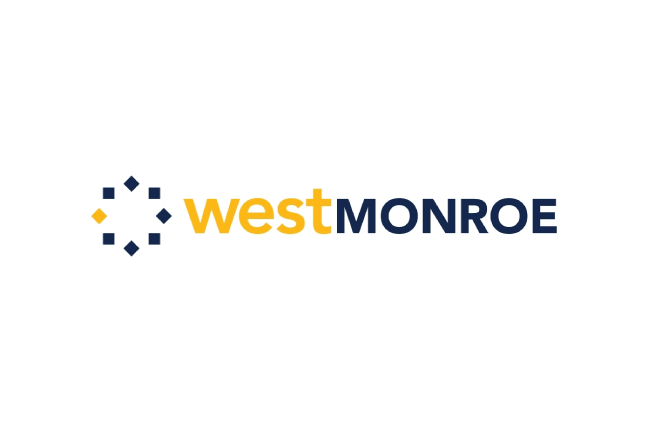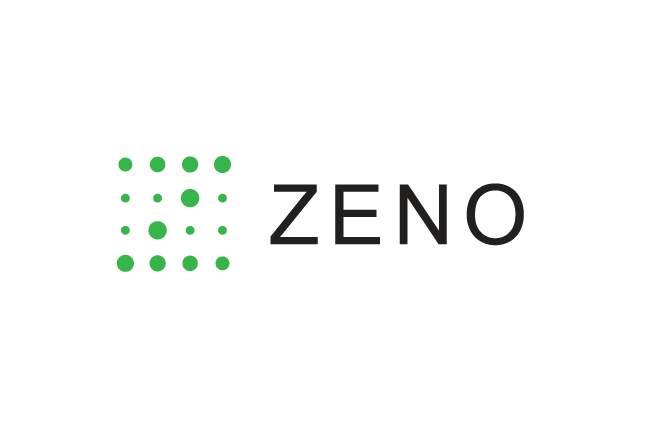Metropolitan Water Reclamation District —
5-Year Strategic Plan
The Metropolitan Water Reclamation District of Greater Chicago (MWRD) is a special-purpose district unit of government responsible for treating wastewater and providing stormwater management for residents and businesses in Chicago and 128 suburban communities throughout Cook County. The MWRD works diligently to protect Lake Michigan, the source of our drinking water, and to ensure the health and safety of residents and area waterways.
In 2020, the MWRD embarked upon a strategic planning process to establish the vision and goals that would guide its work over the next five years. The MWRD engaged Civic Consulting Alliance to conduct the strategic planning process in collaboration with its Board of Commissioners and Executive Team. We brought expertise structuring comprehensive stakeholder engagement efforts and growing experience working with institutions to embed an equity focus across their work – two strategic priorities for the MWRD in this round of planning.
From September 2020 to February 2021, Civic Consulting Alliance conducted a multi-phase strategic planning process with assistance from pro bono partners Kearney and Arup. Kearney provided a pro bono fellow who worked alongside Civic Consulting Alliance staff, and Arup stood up a team that provided subject matter expertise and experience facilitating large-scale innovations.
Phase 1
Led an intensive, iterative engagement effort to assess the MWRD’s current state and identify its desired future state. That engagement effort comprised MWRD leadership (including interviews with nine elected Commissioners); more than 500 MWRD staff; roughly 50 organizations (including the Chicago Metropolitan Agency for Planning, the Metropolitan Planning Council, and environmental and community-based organizations) who participated in a stakeholder workshop; and members of the general public who participated in public-facing surveys.
Phase 2
Conducted a workshop with the MWRD’s strategic planning Steering Committee, which surfaced five strategic goals: resource management; stormwater management; workforce excellence; community engagement; and enterprise resilience.
Phase 3
Stood up working groups for each strategic goal and developed a Strategic Roadmap for the MWRD to implement, including 150+ sequenced initiatives and metrics to measure progress.
Phase 4
Finalized the Five-Year Strategic Plan, which includes goals, strategies, and initiatives and a framework for the MWRD to update the plan annually.
As a result of this process, the MWRD is equipped with a 2021-2025 Strategic Plan guided by the principles of engagement, collaboration, innovation, equity, and resilience. The MWRD’s vision for its future state has been updated, and its core values have been expanded to include equity and diversity. Moreover, these values are reflected in the specific strategic initiatives outlined in the new Plan. For example, one key focus is to identify and eliminate barriers to participation for disproportionately impacted areas (DIAs) – low-to-moderate income areas that may be more susceptible to flooding and that often have less capacity to partner with the MWRD to implement stormwater solutions and alleviate local flooding.

